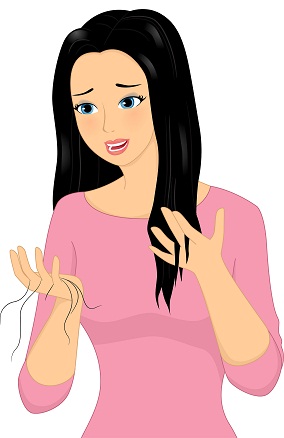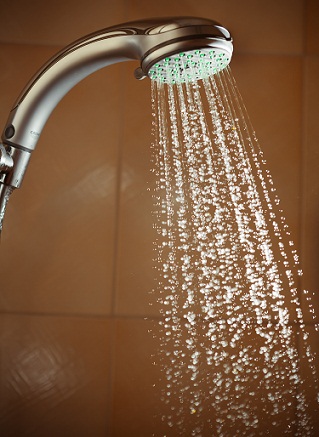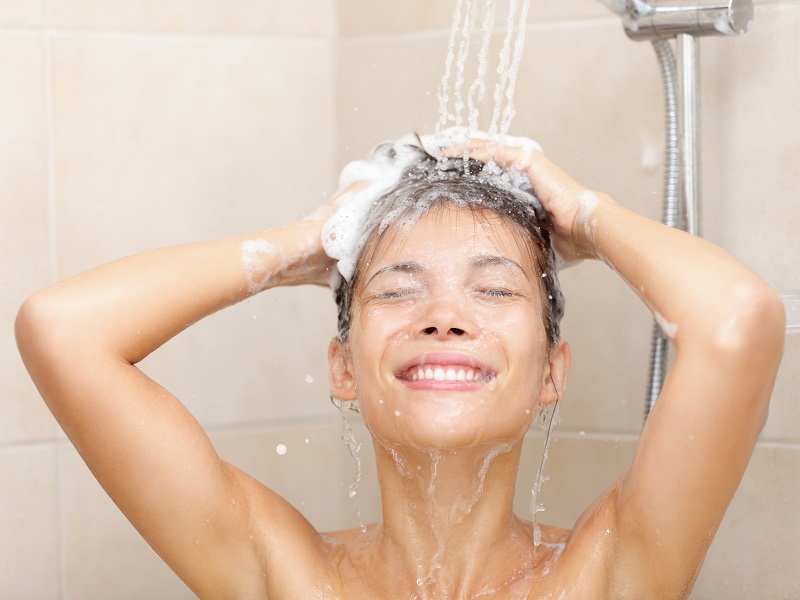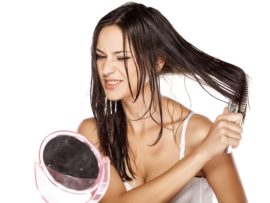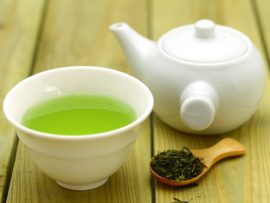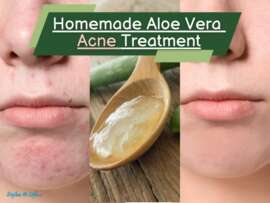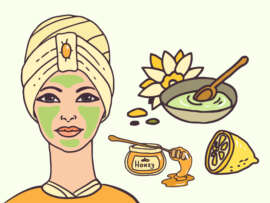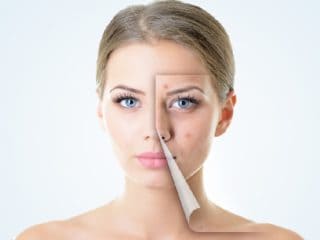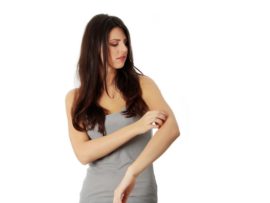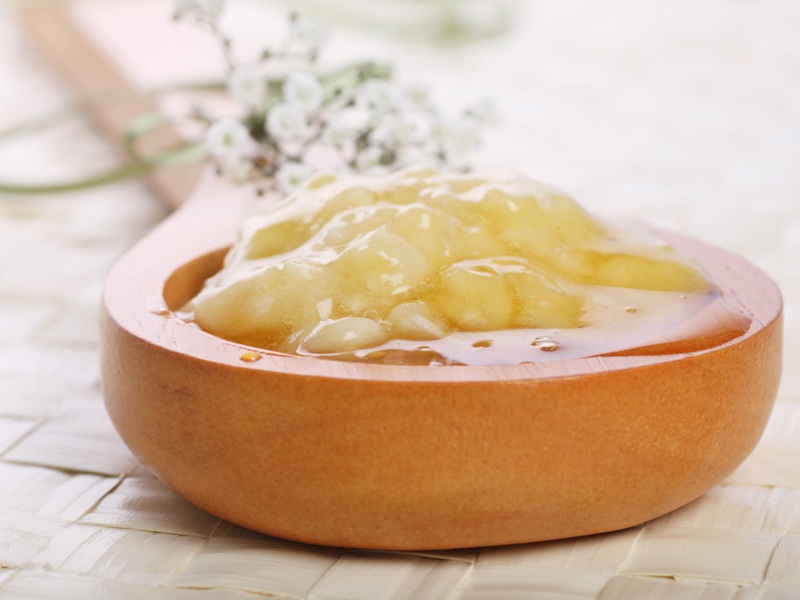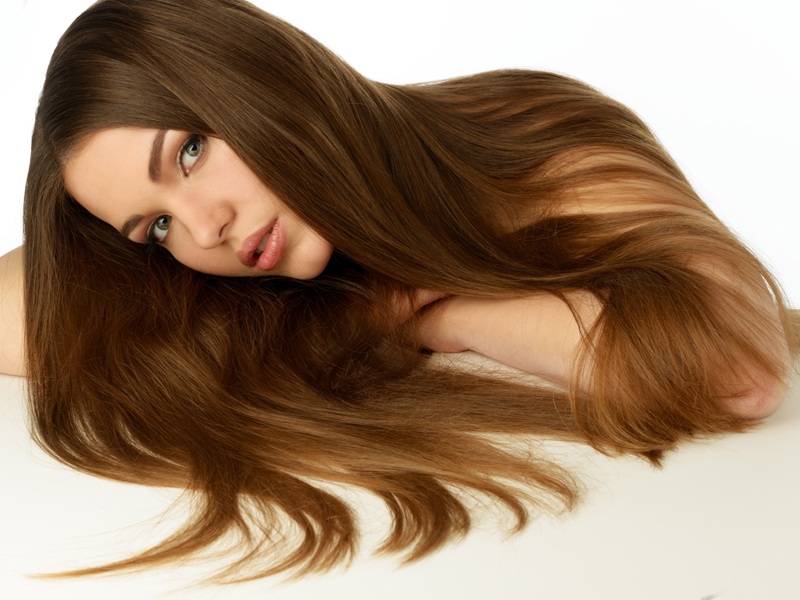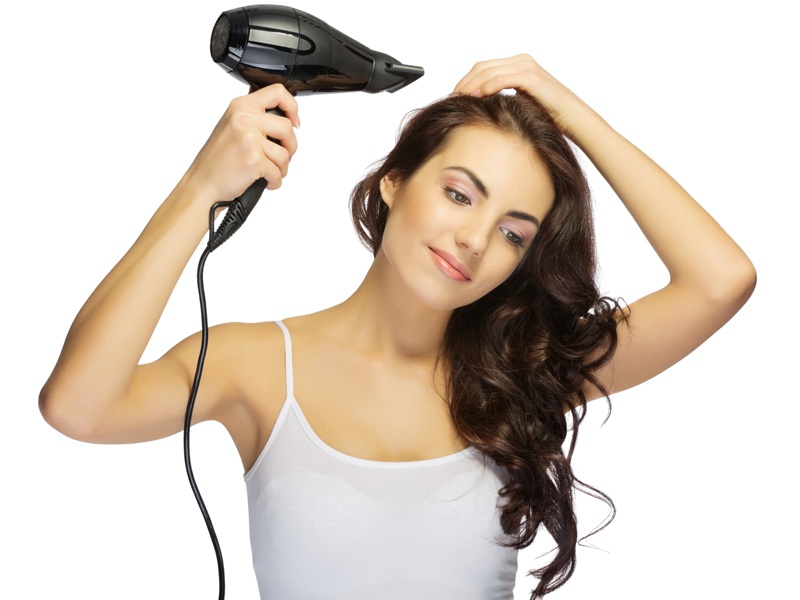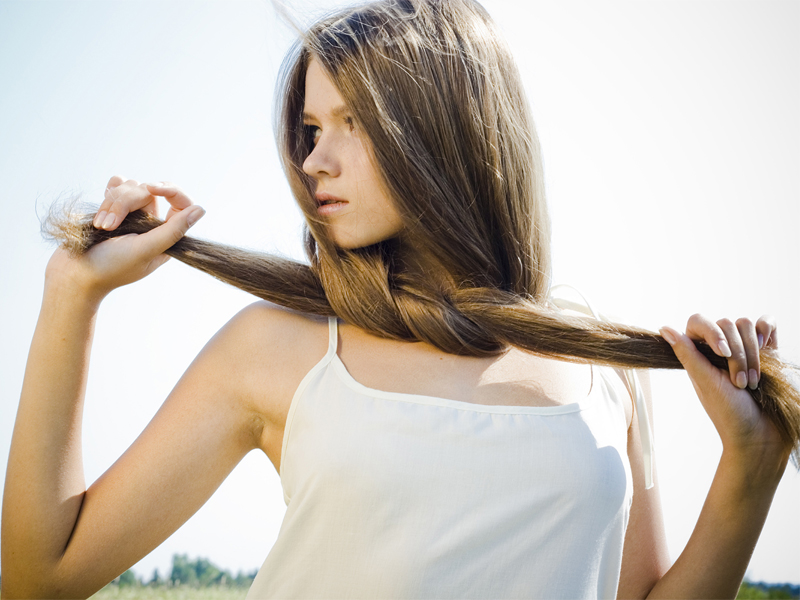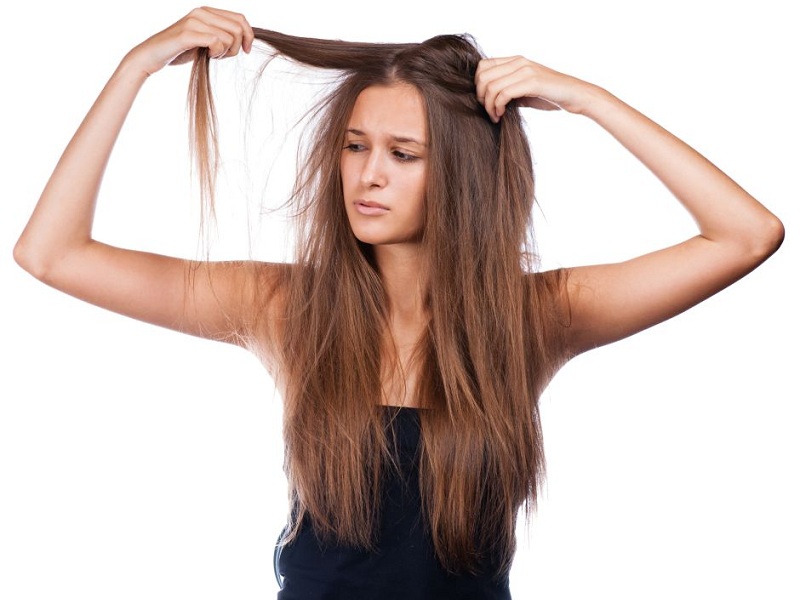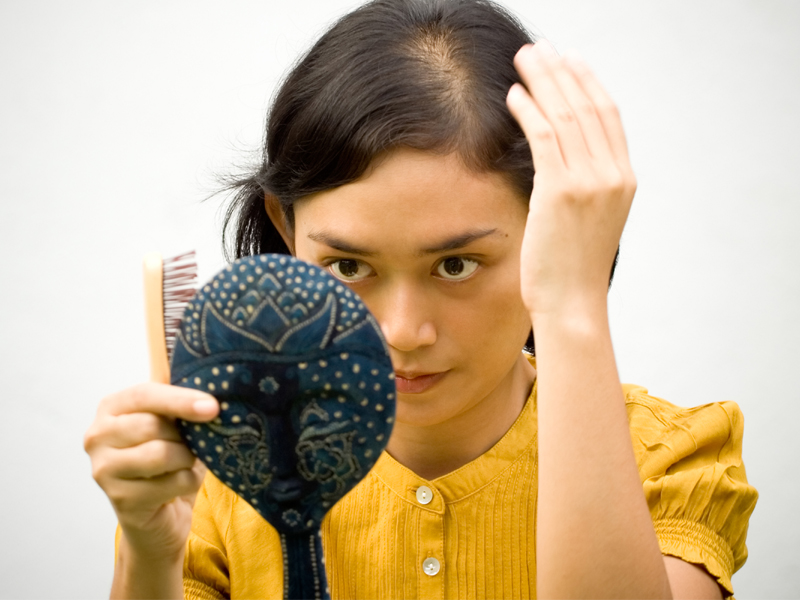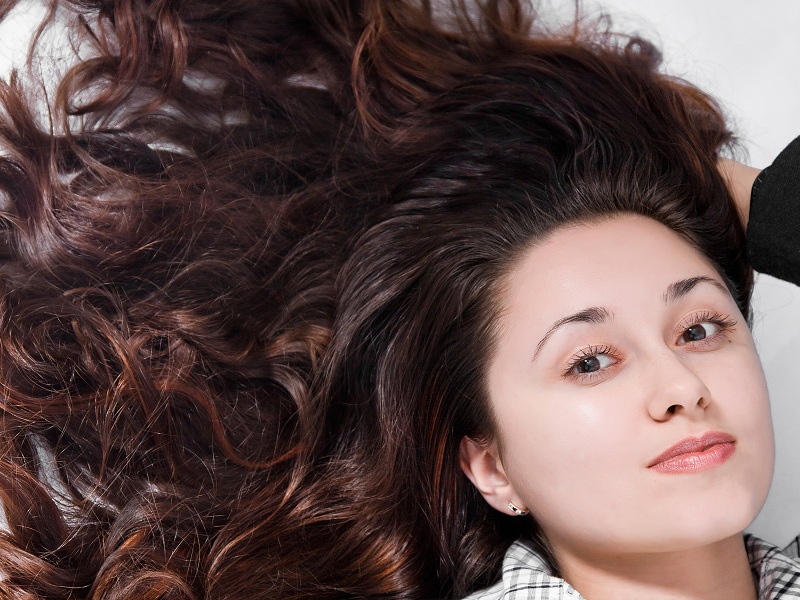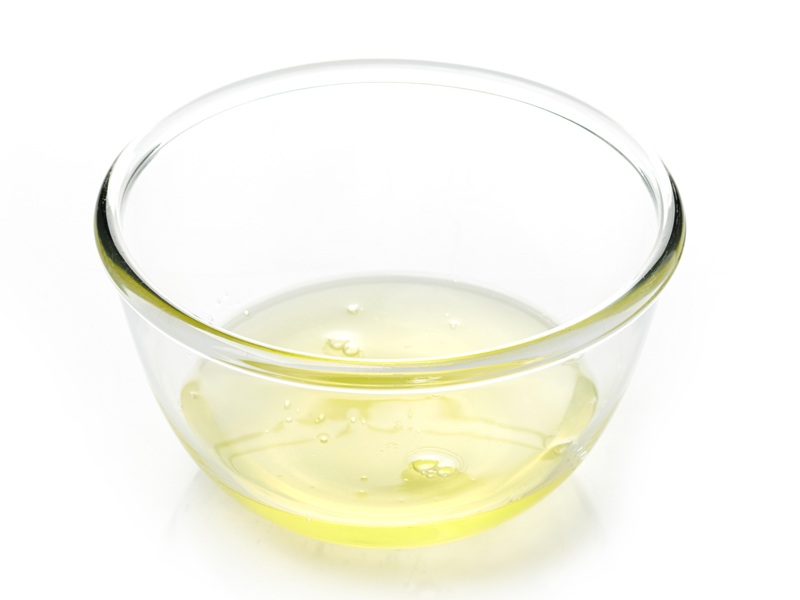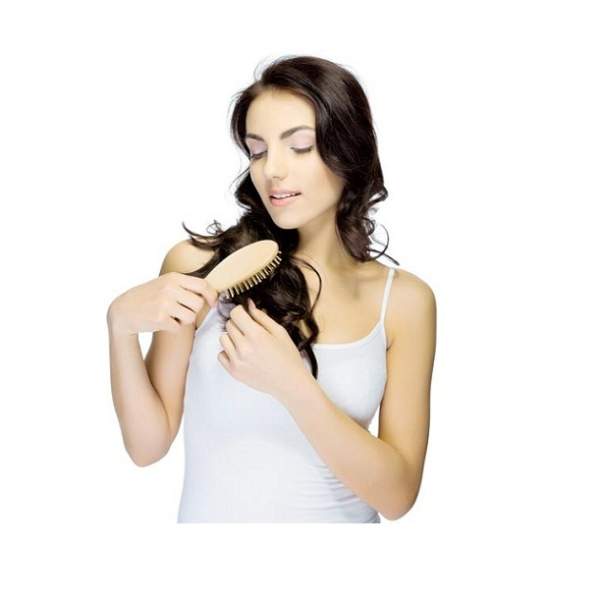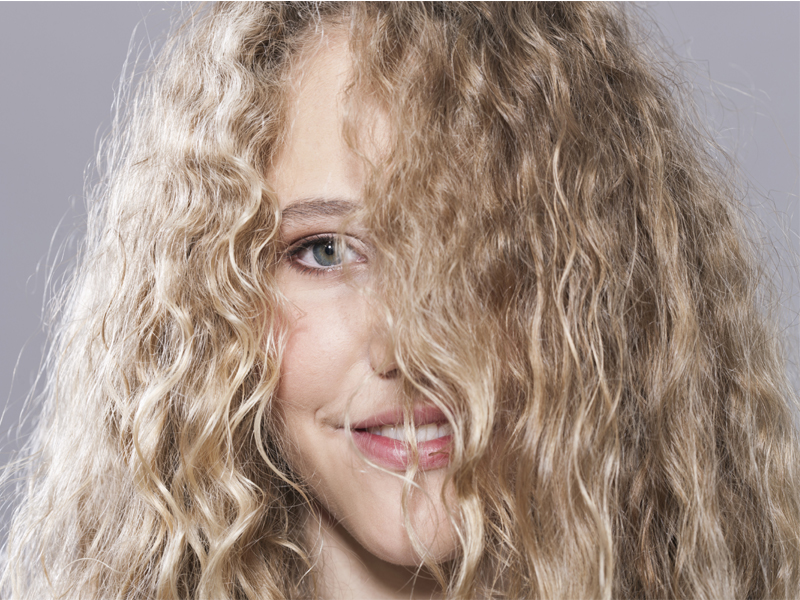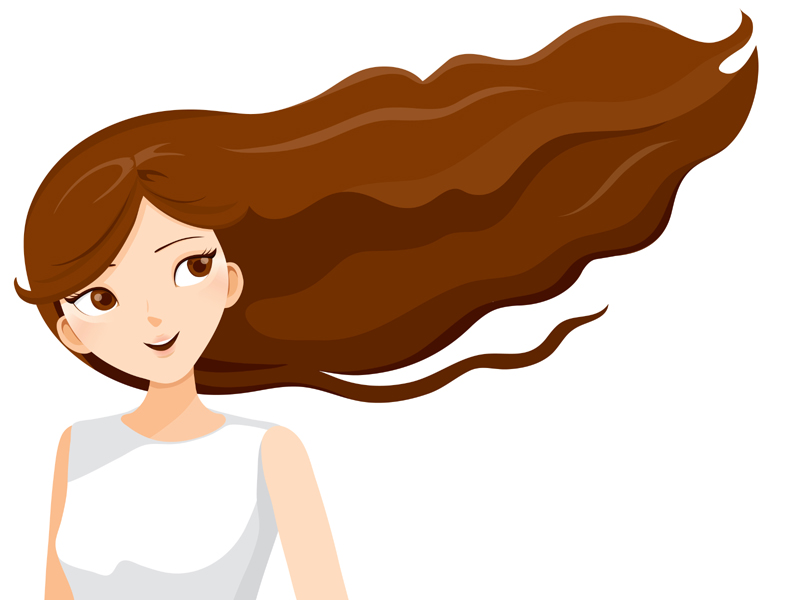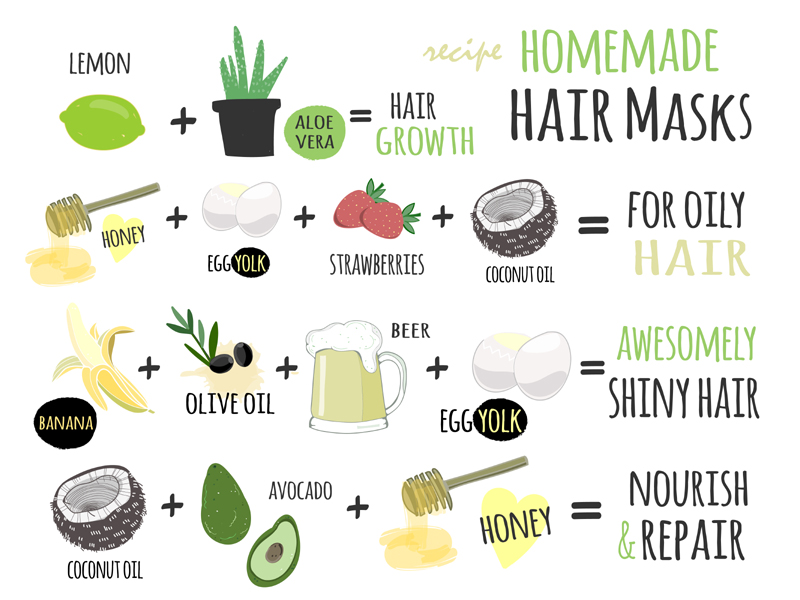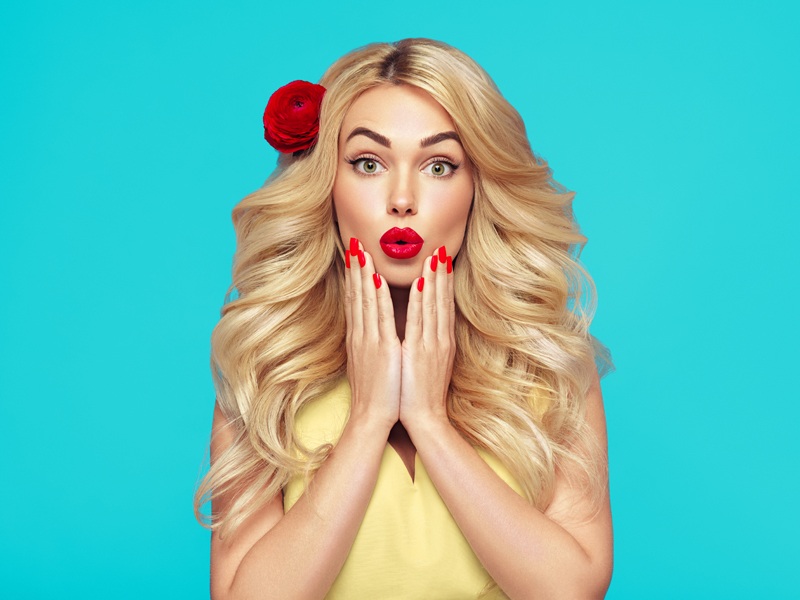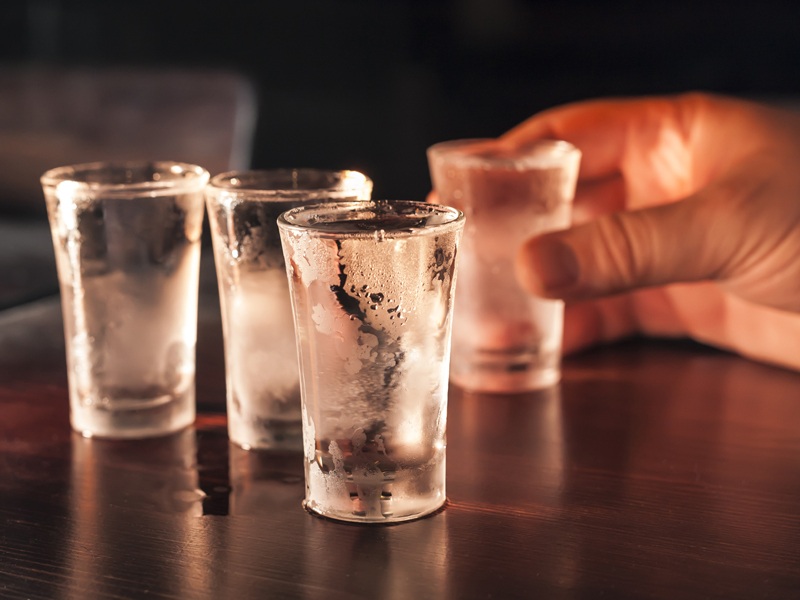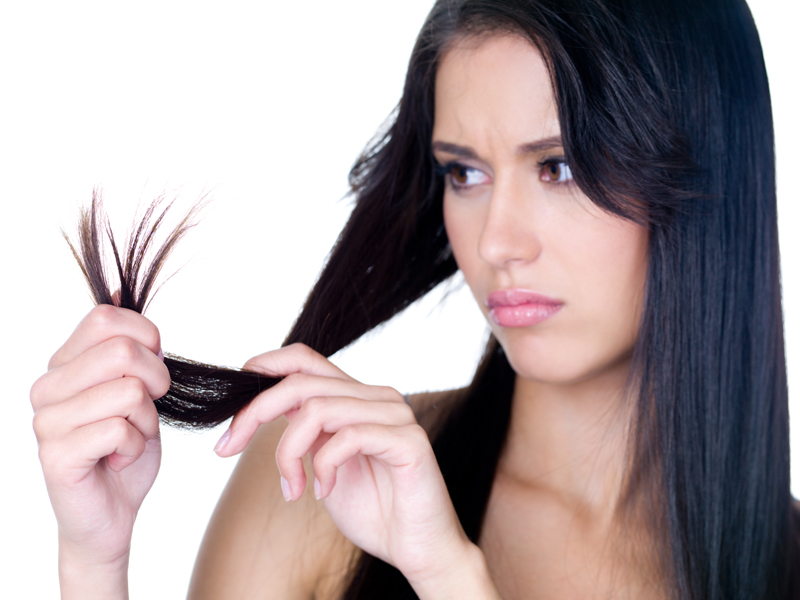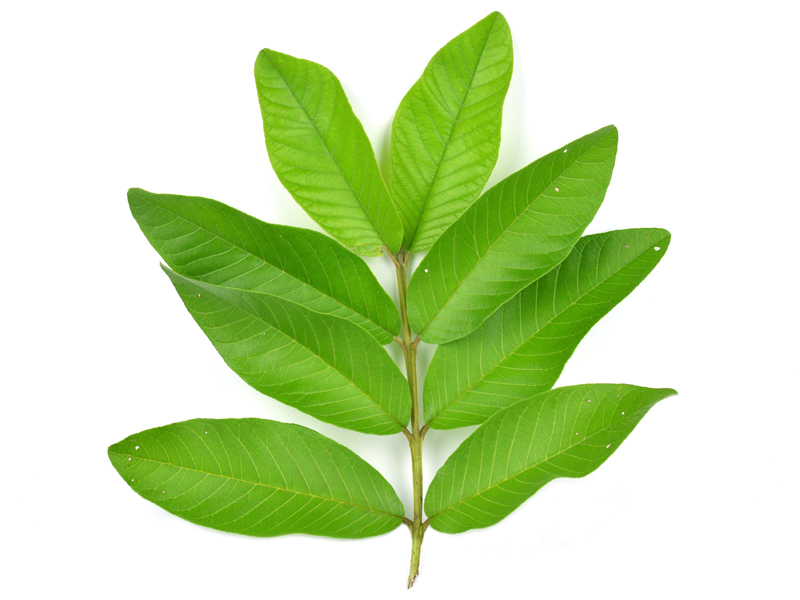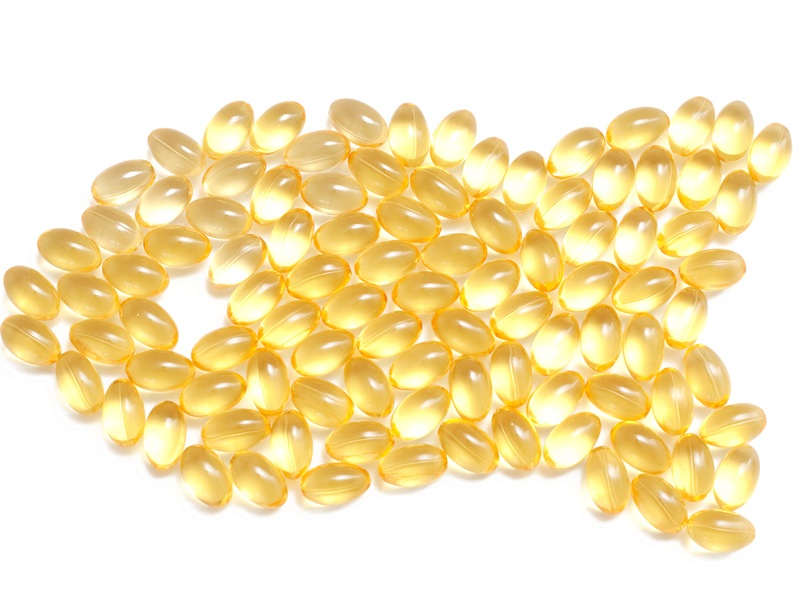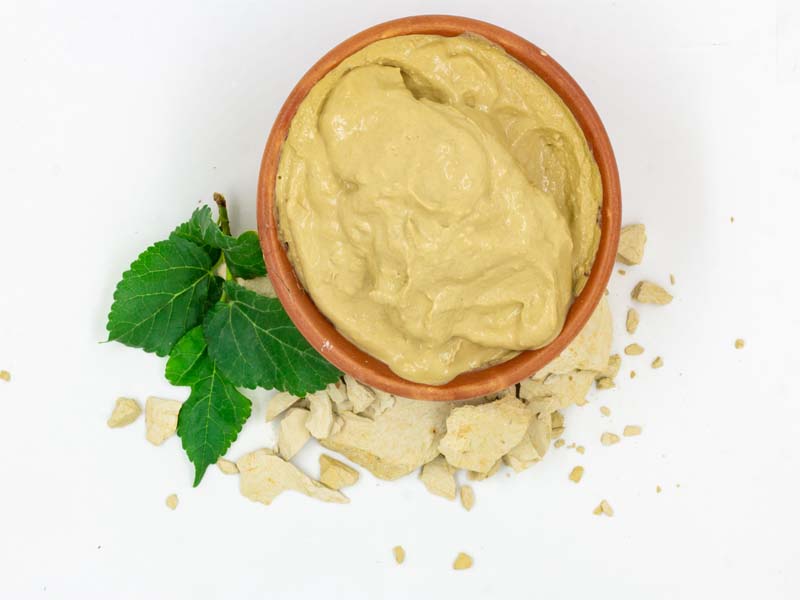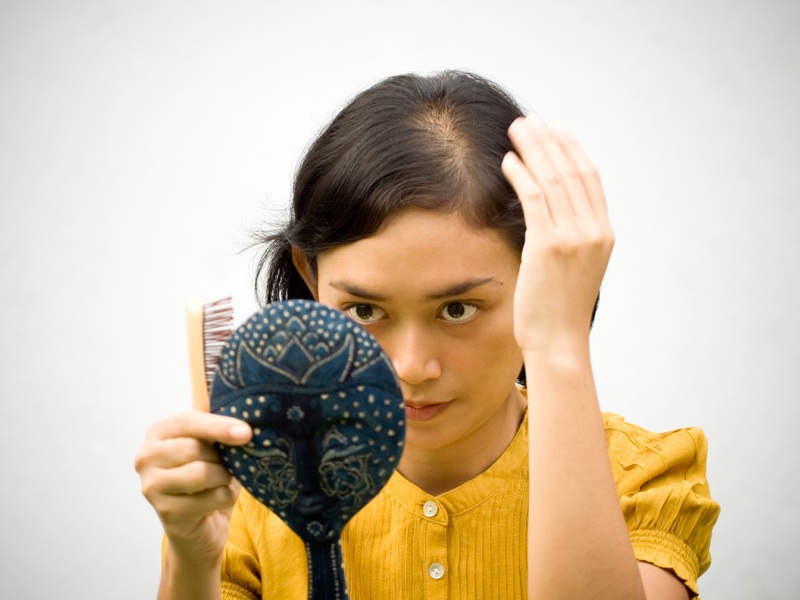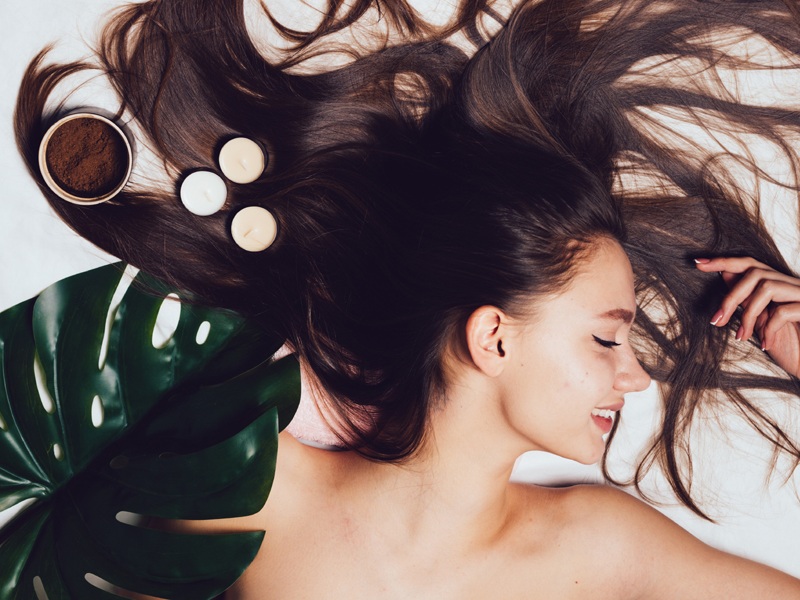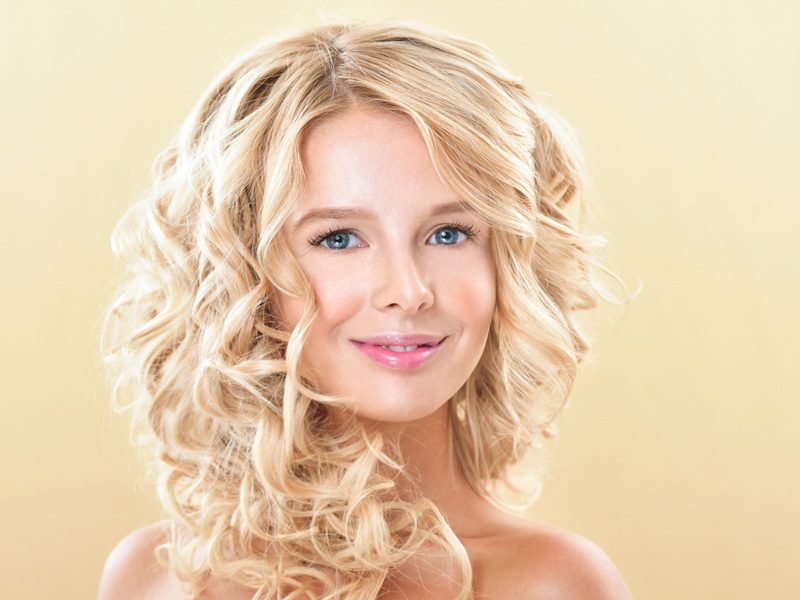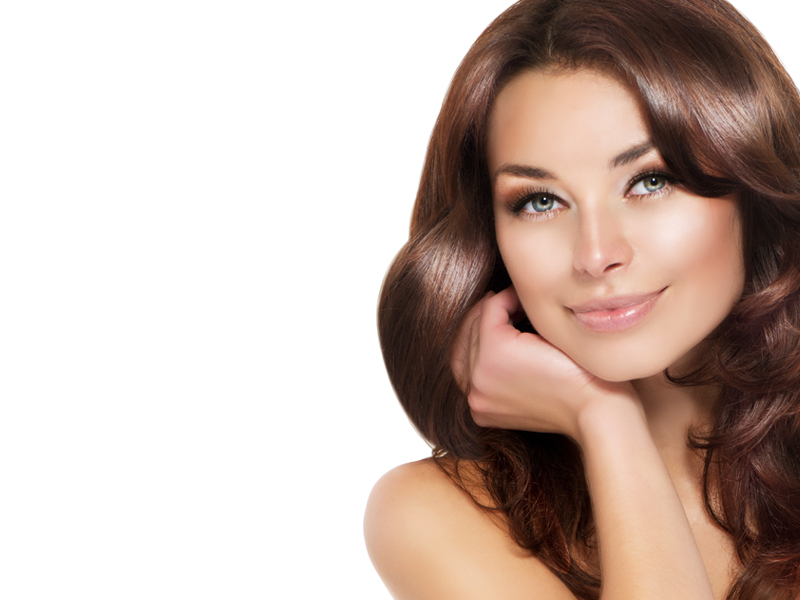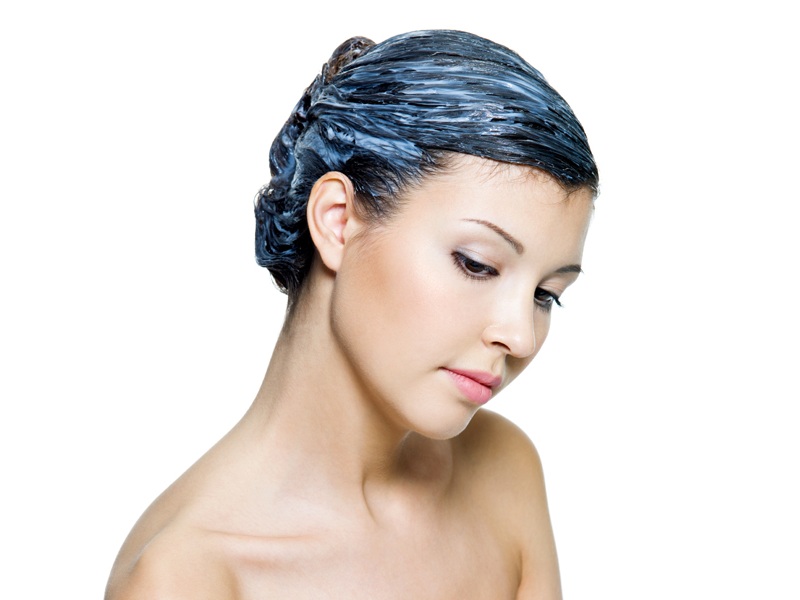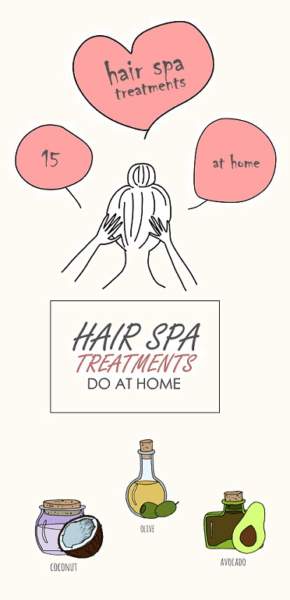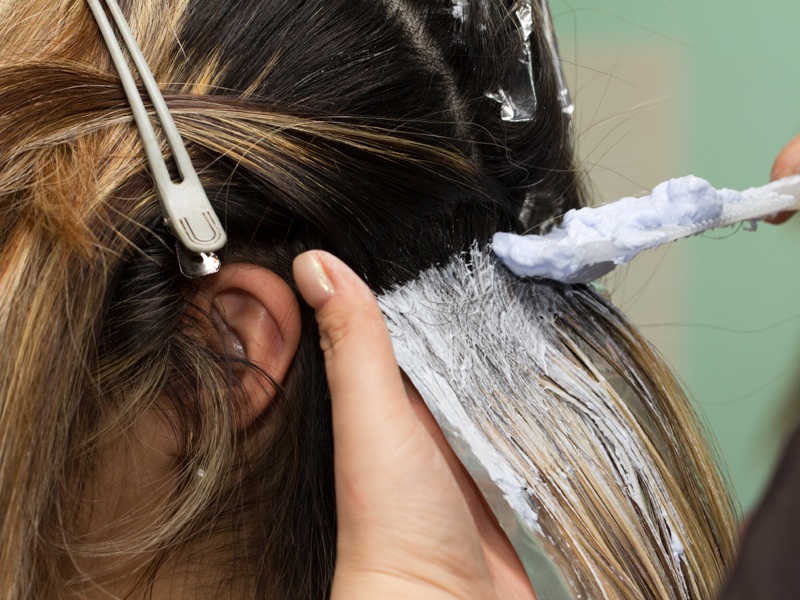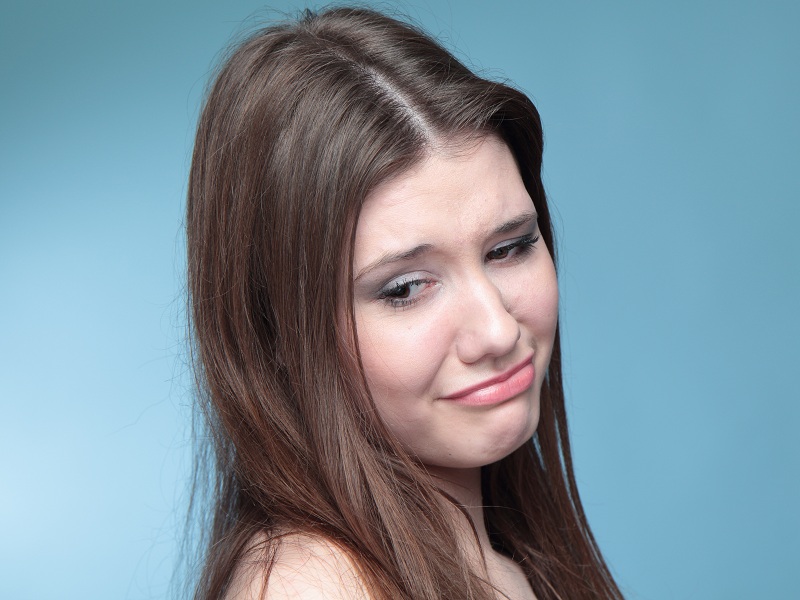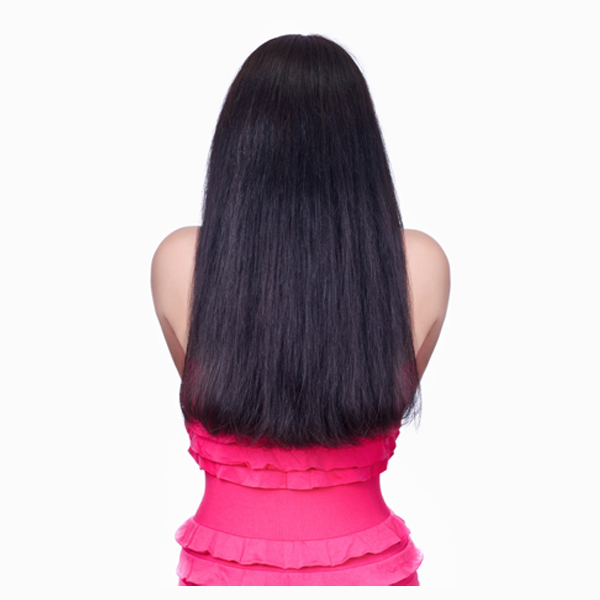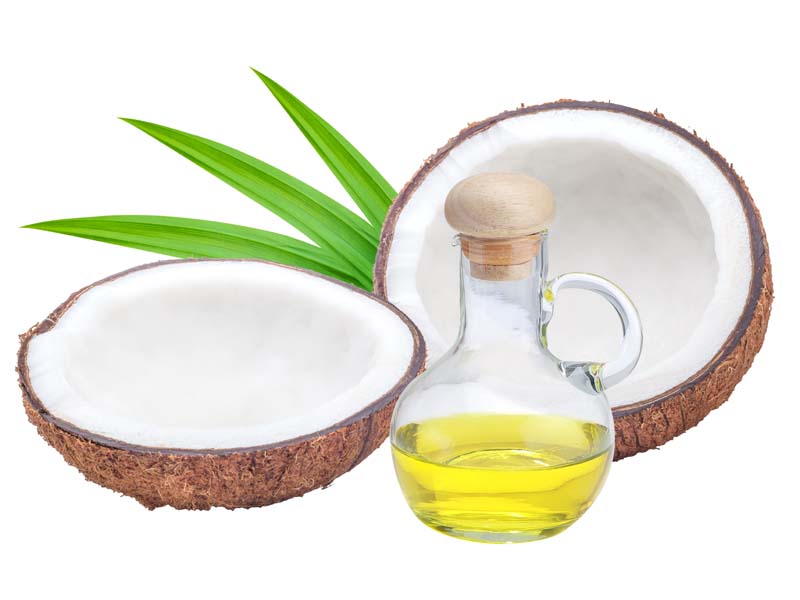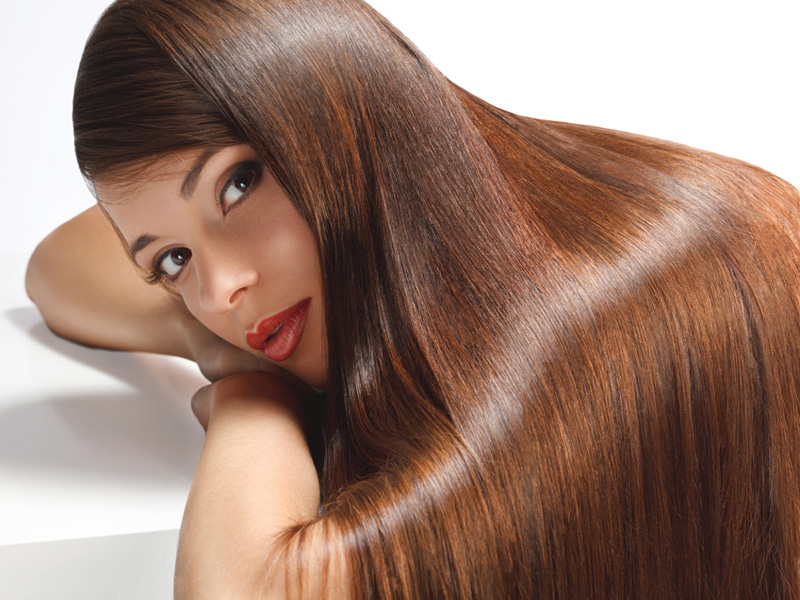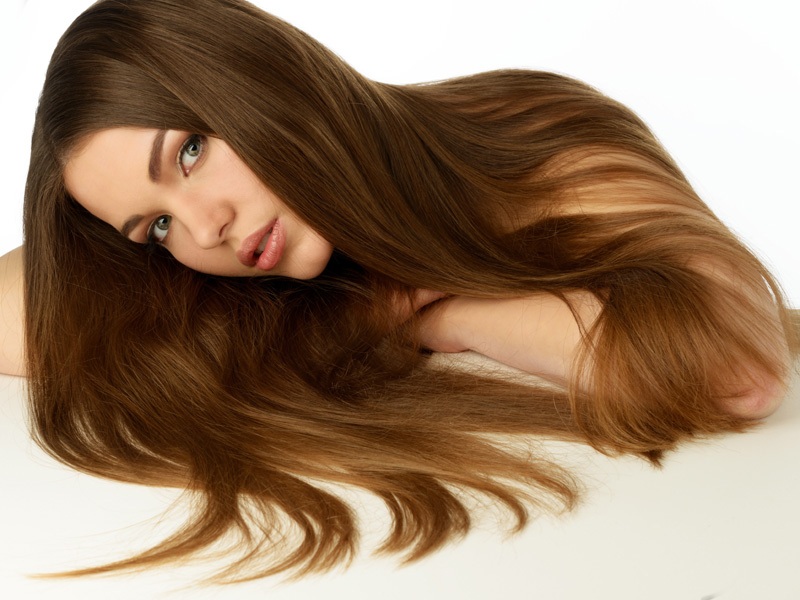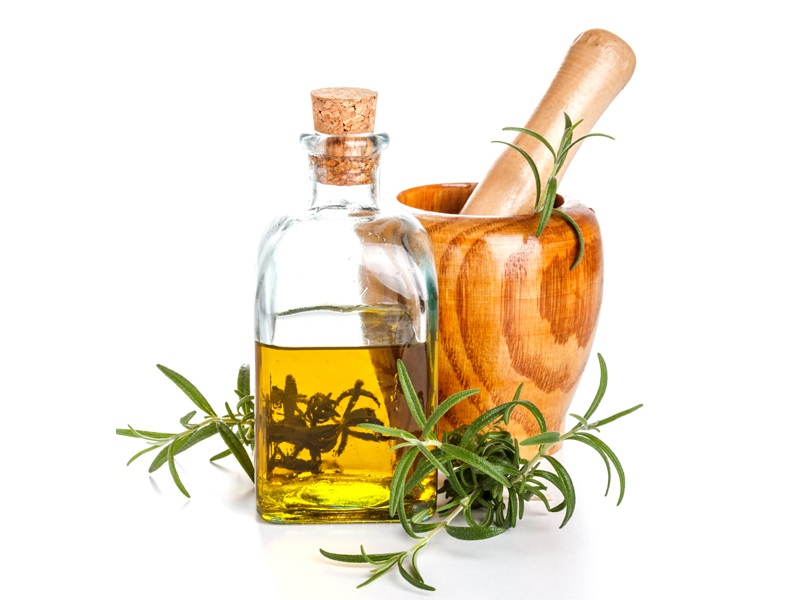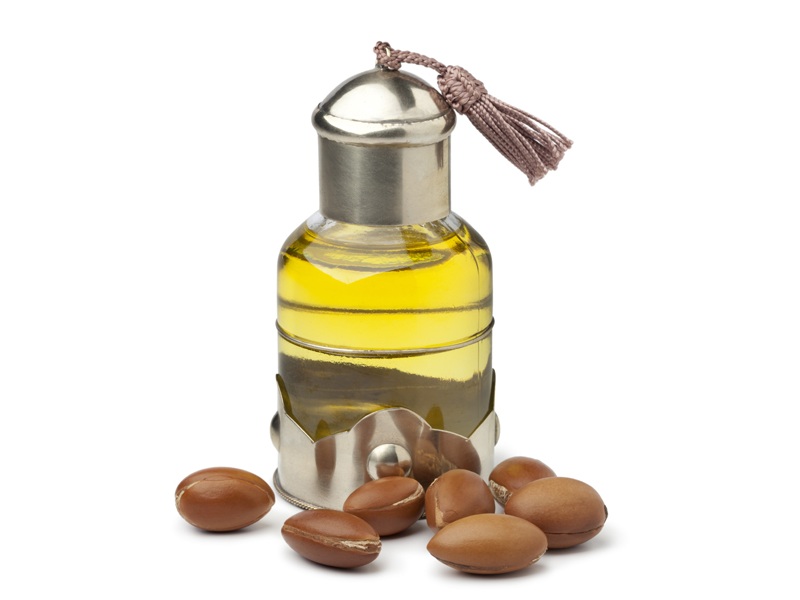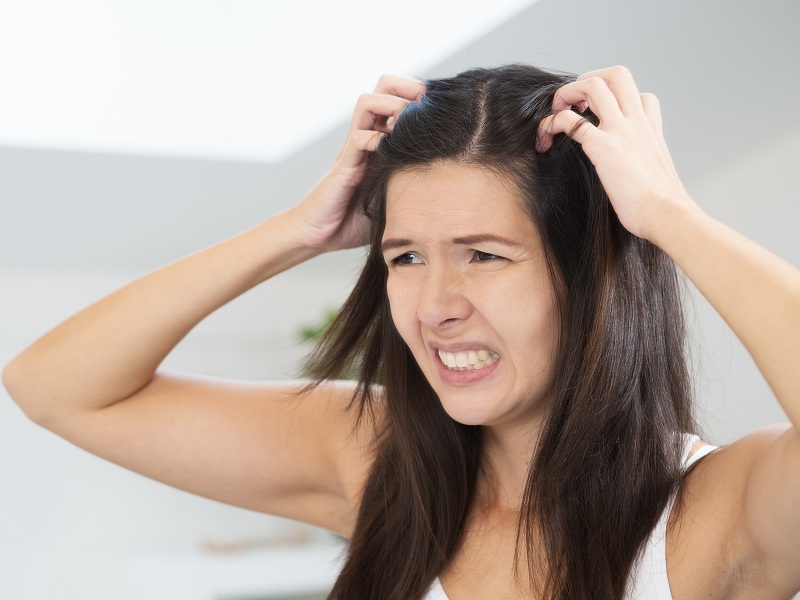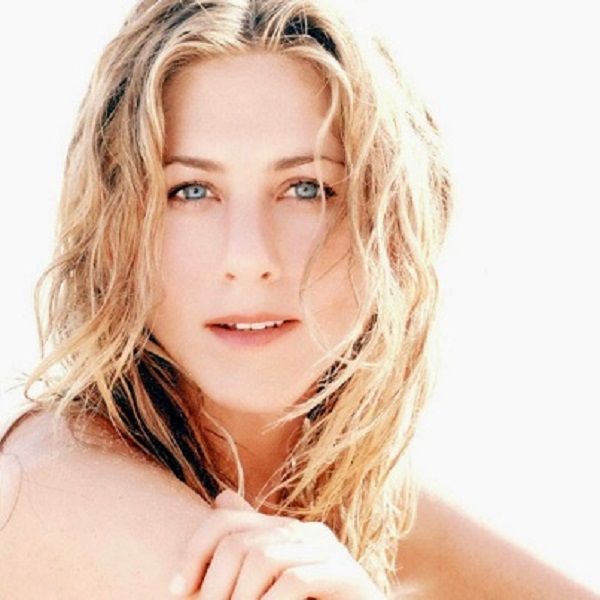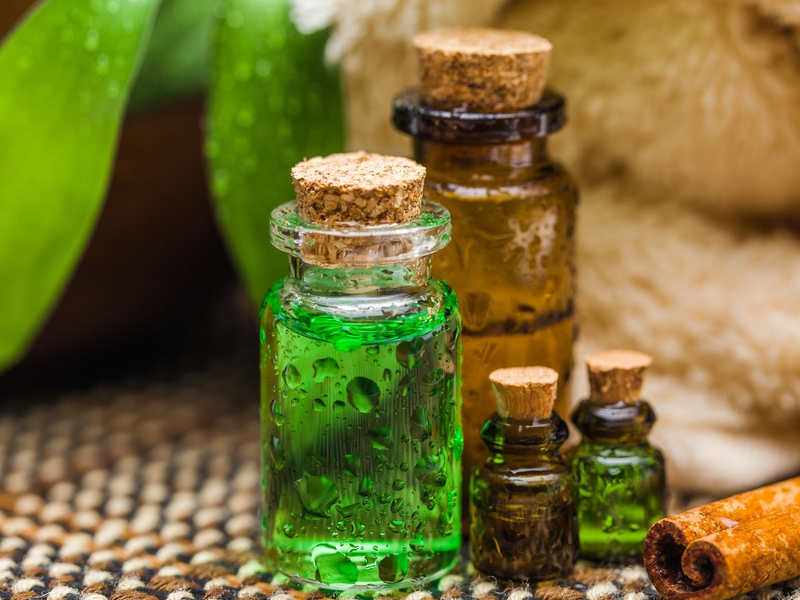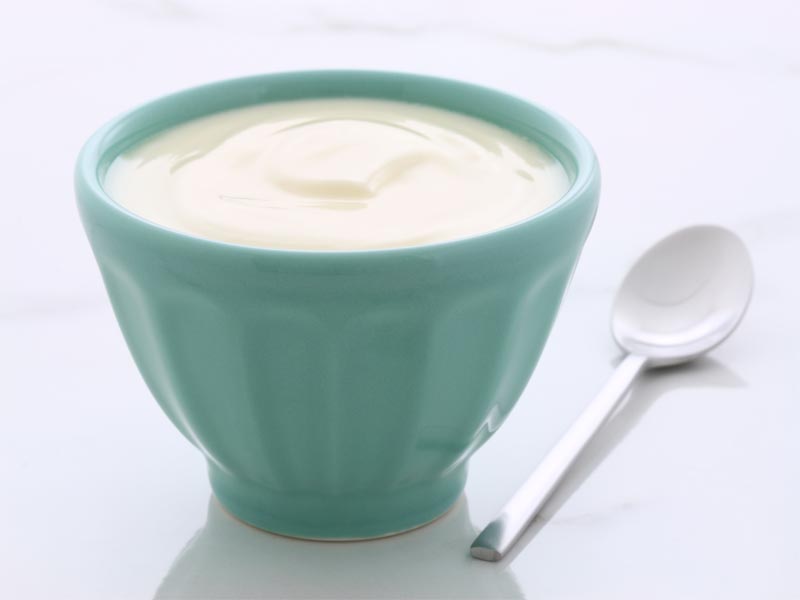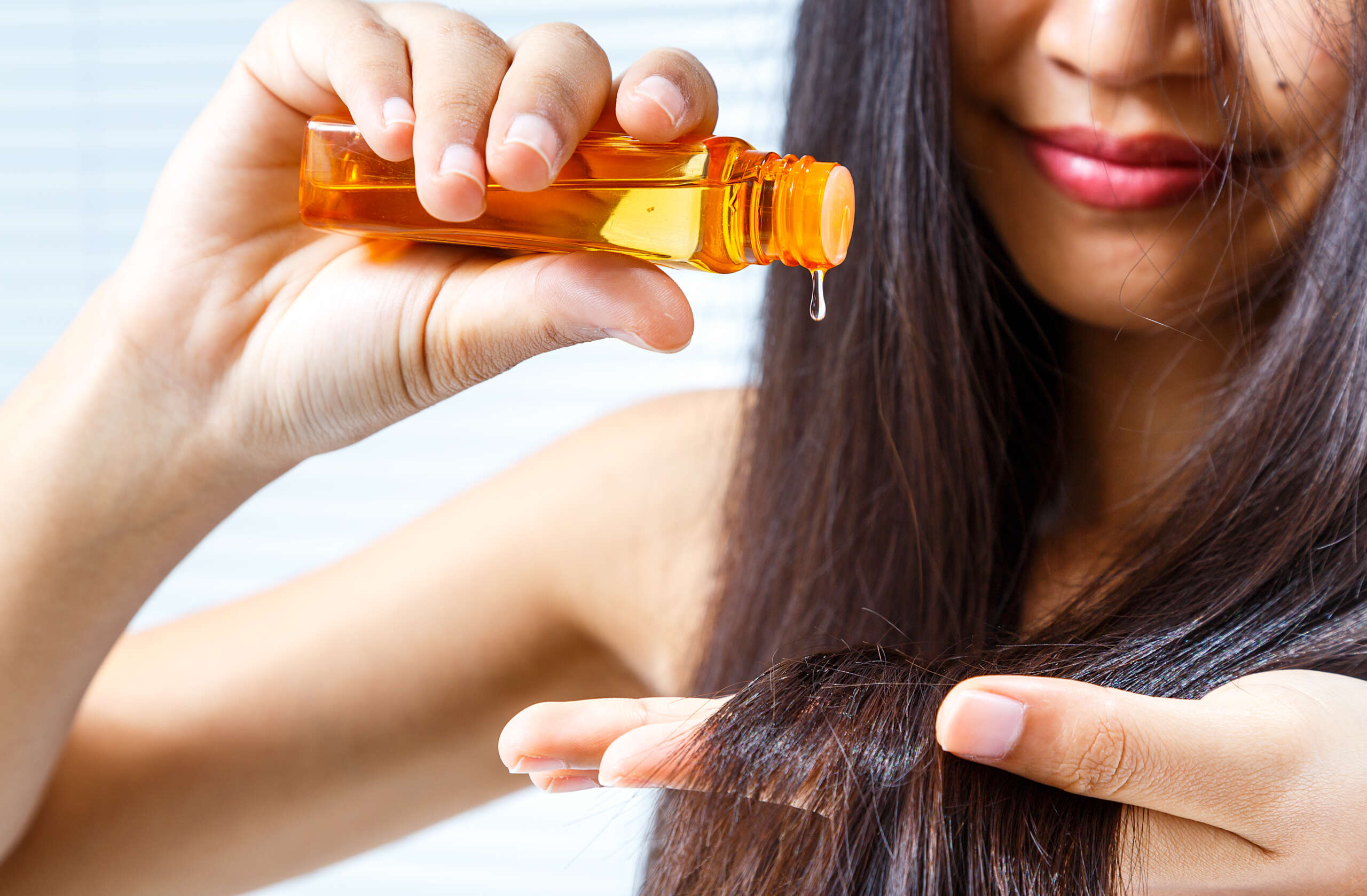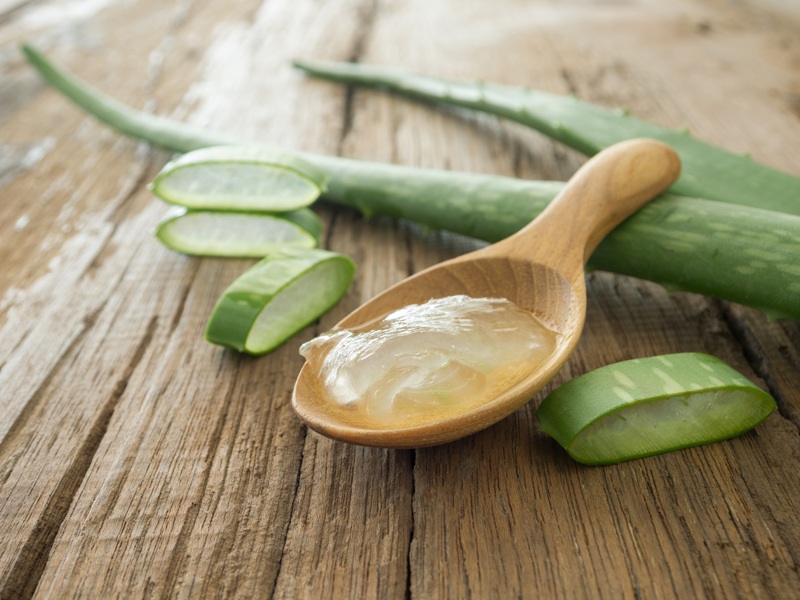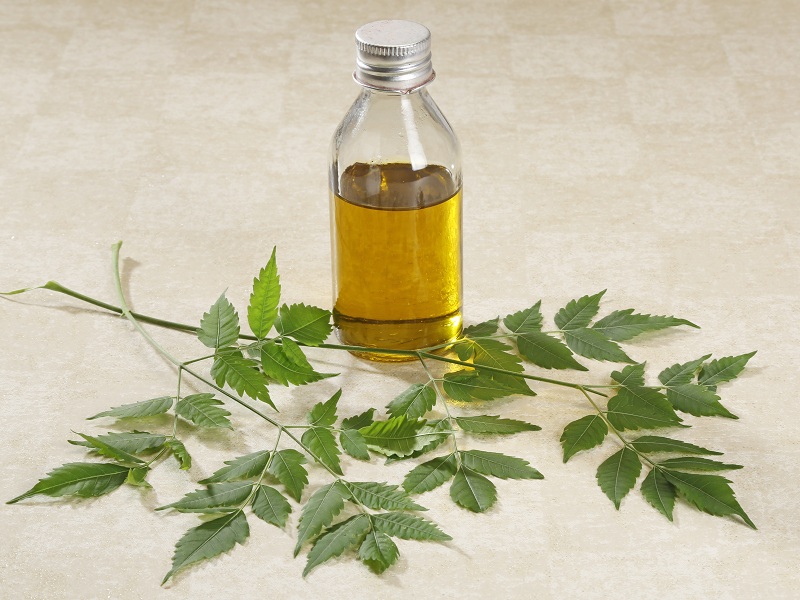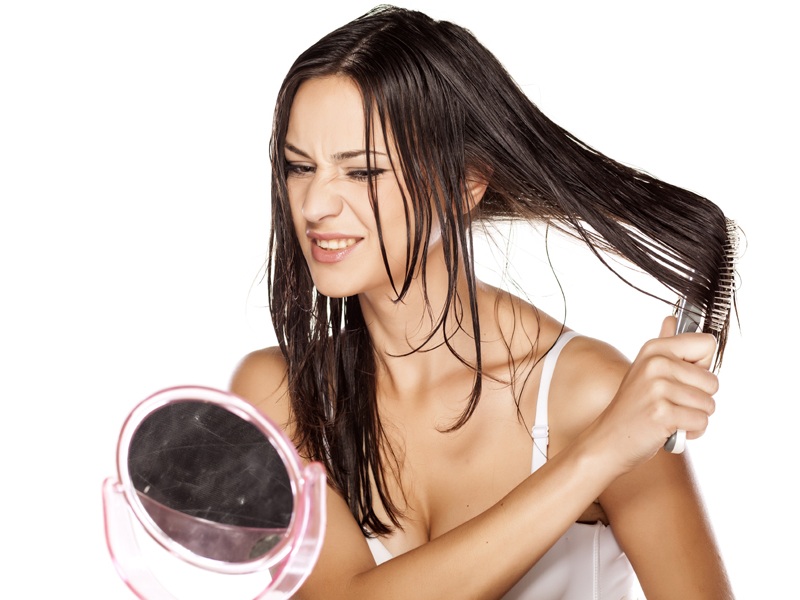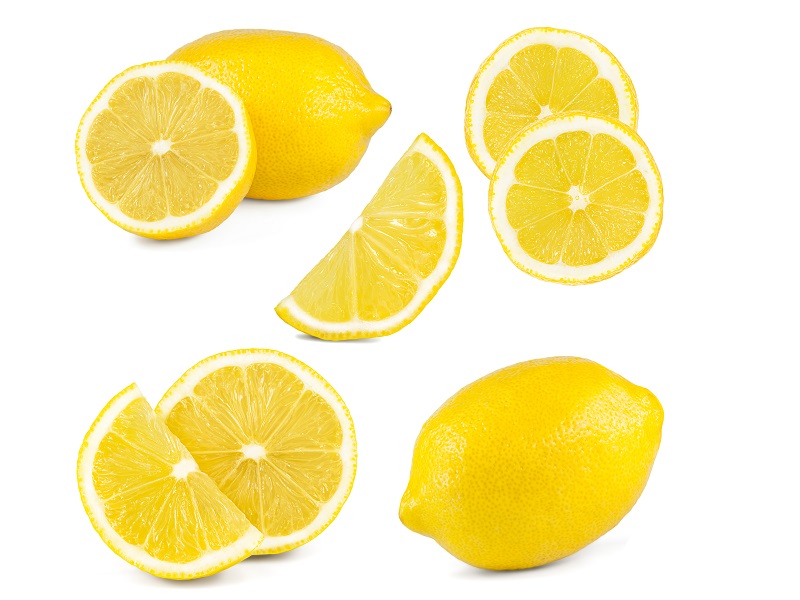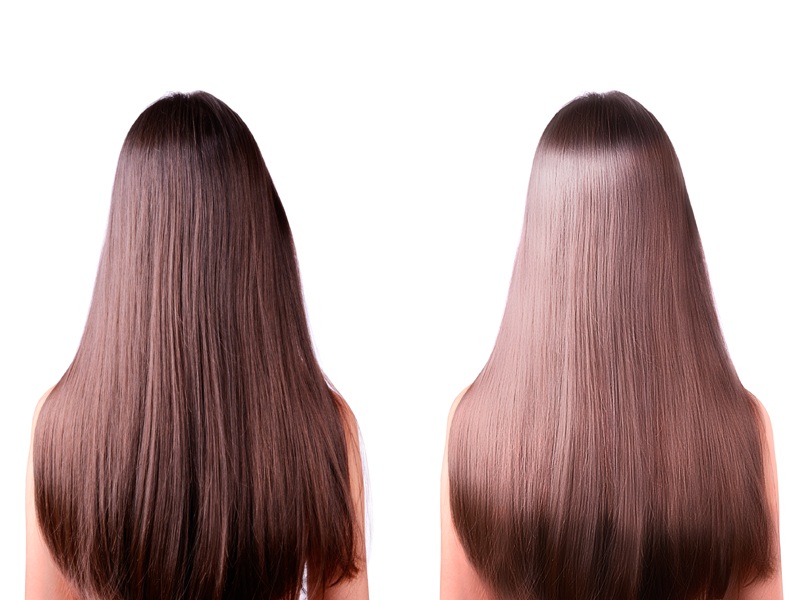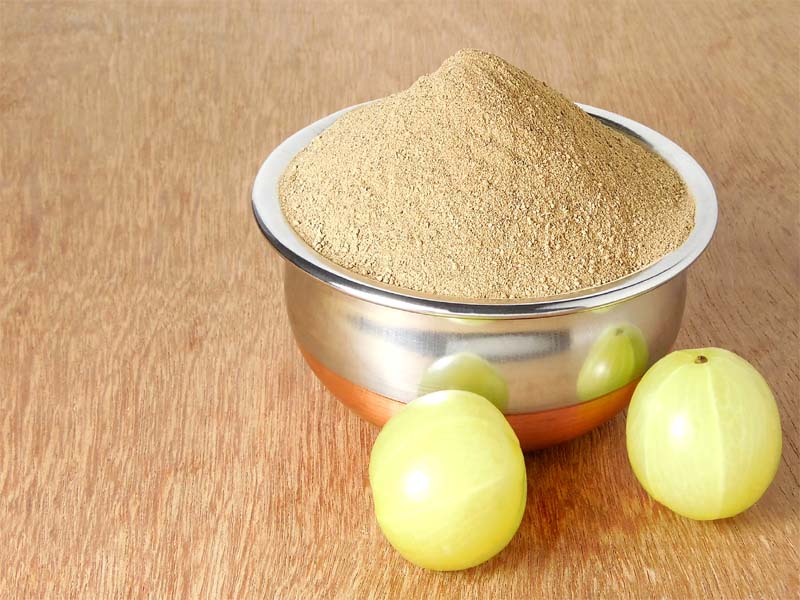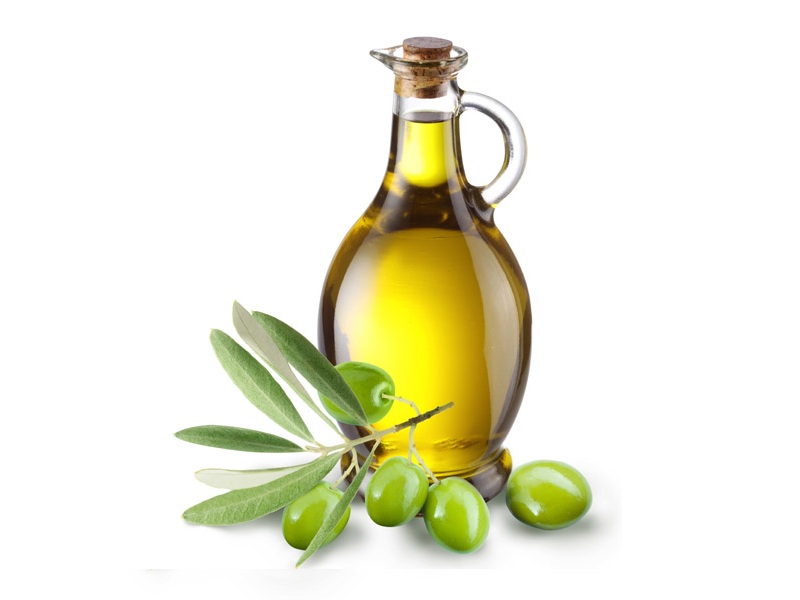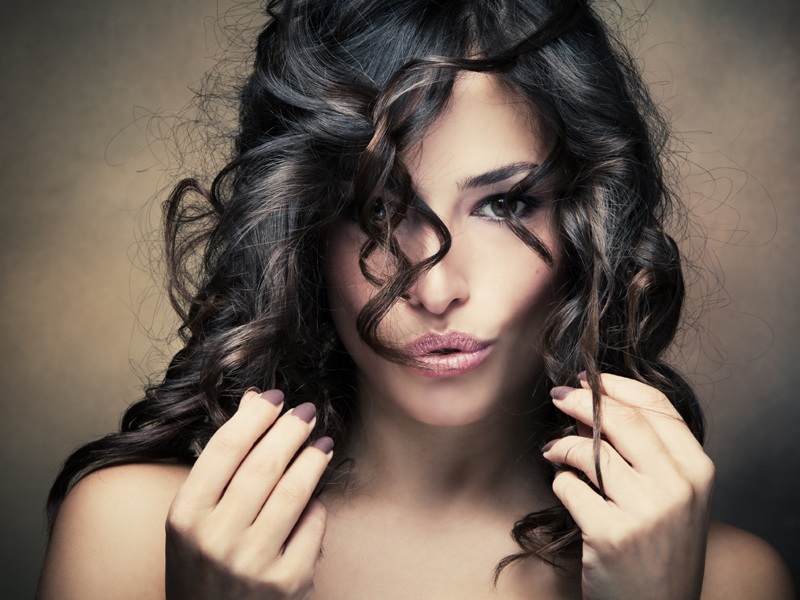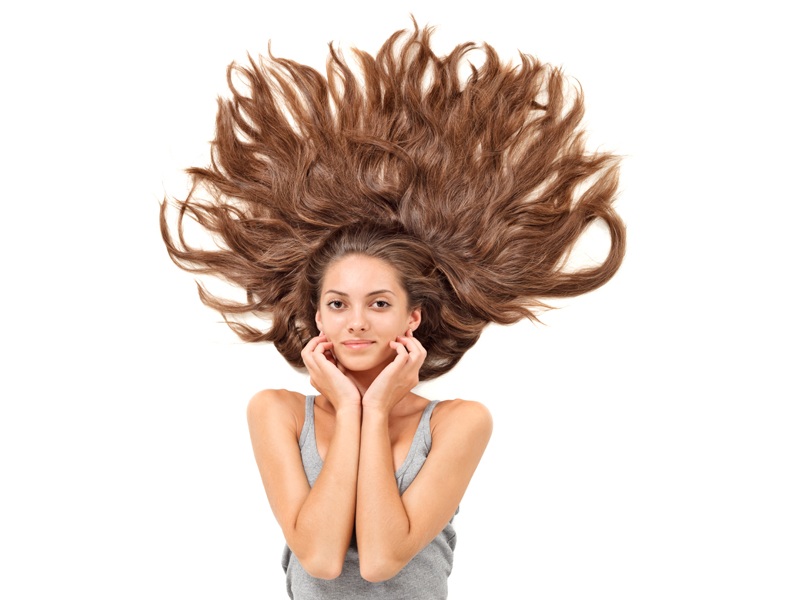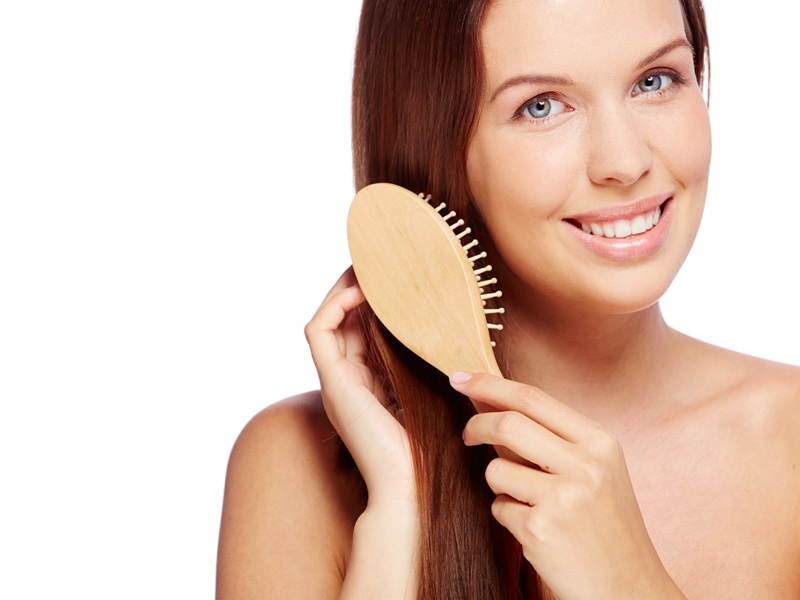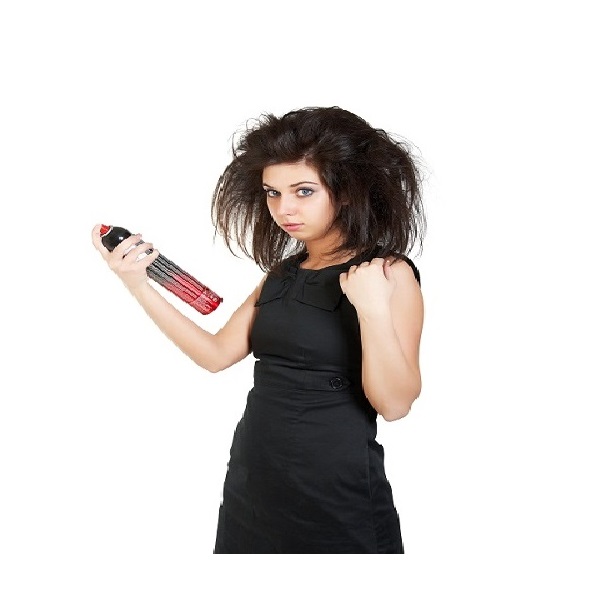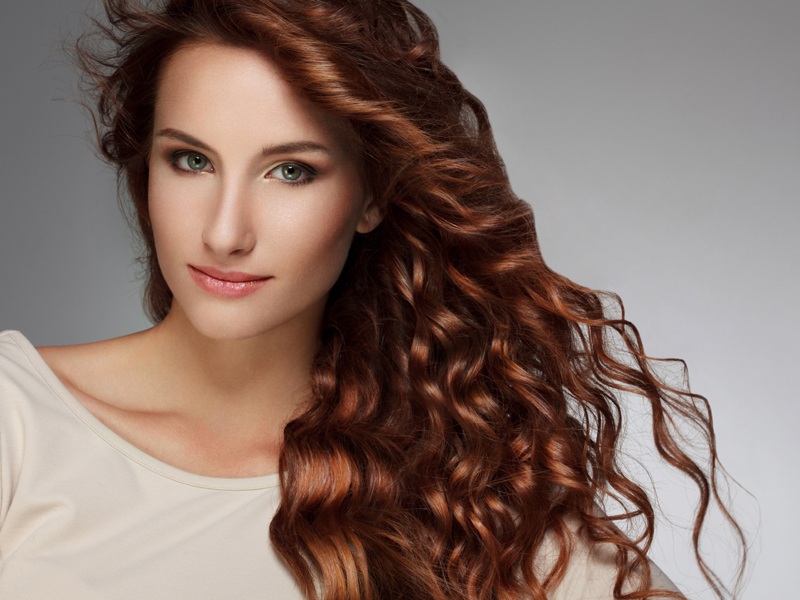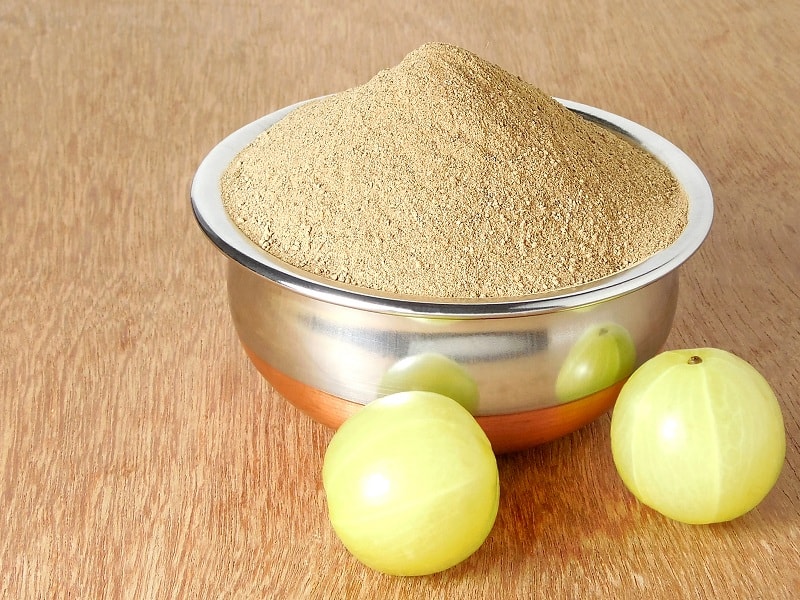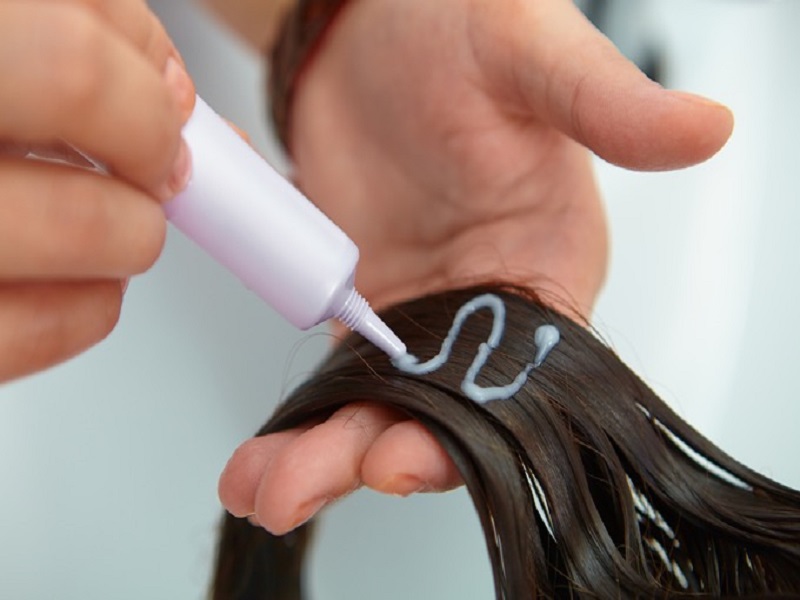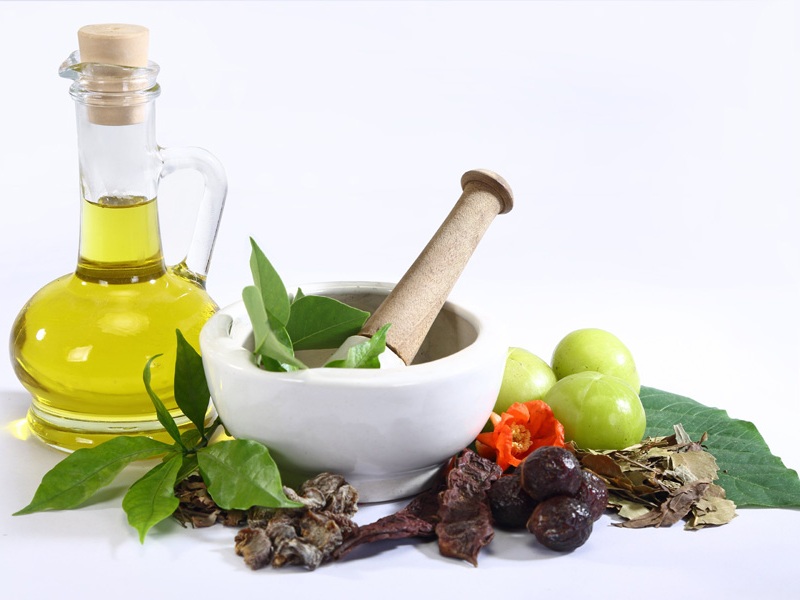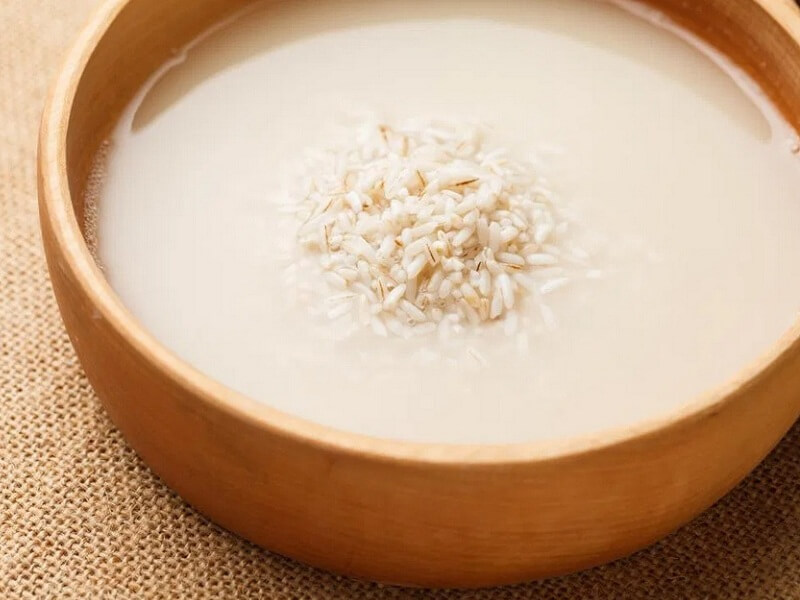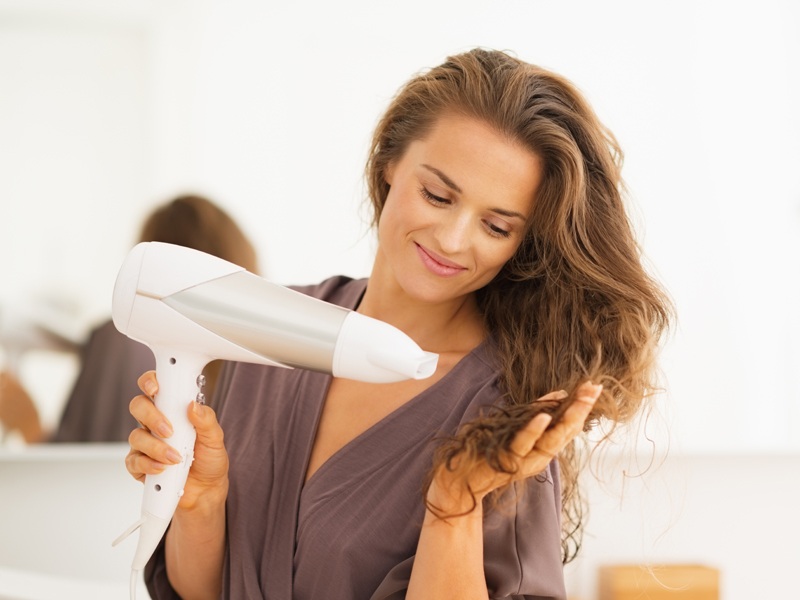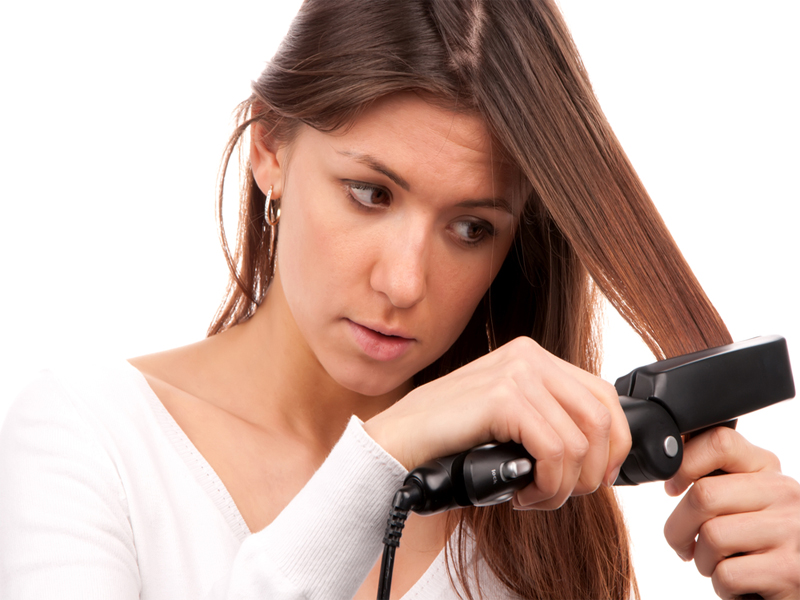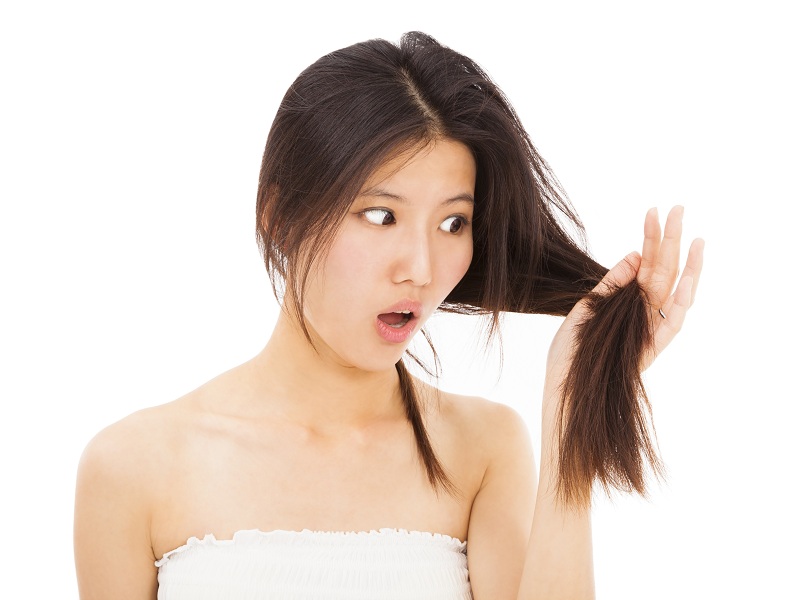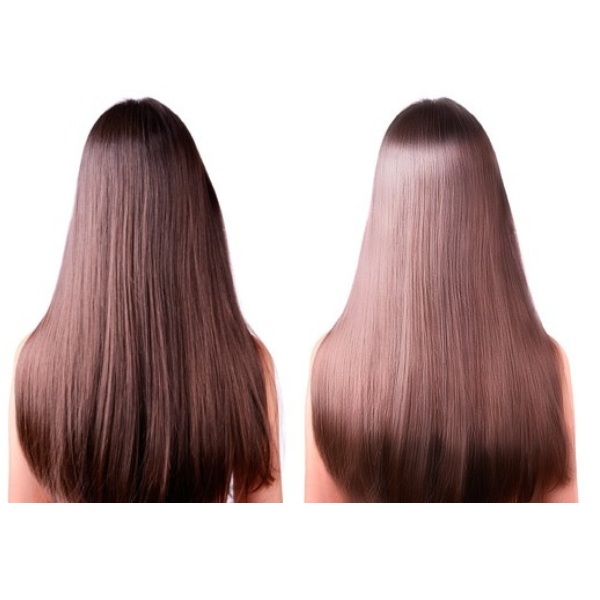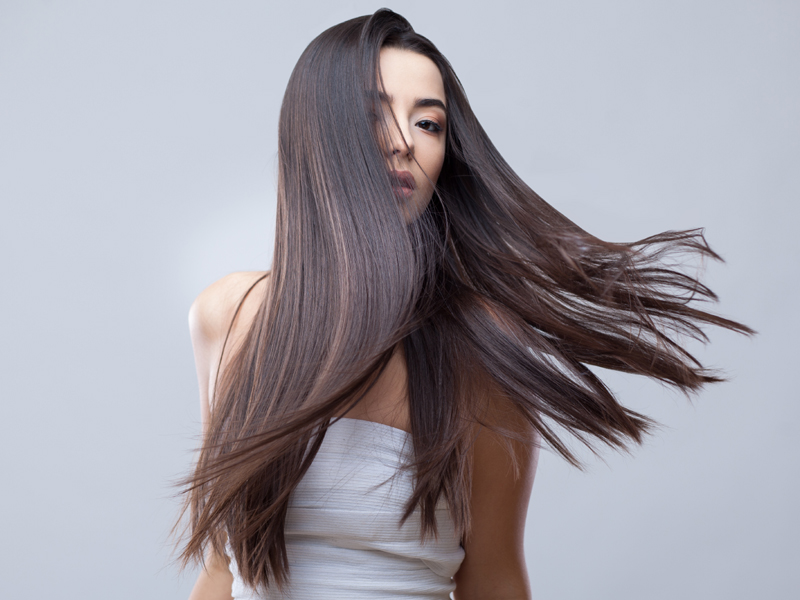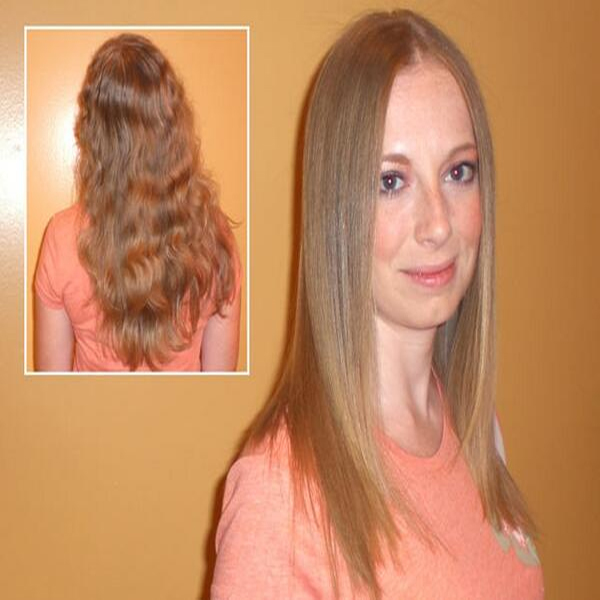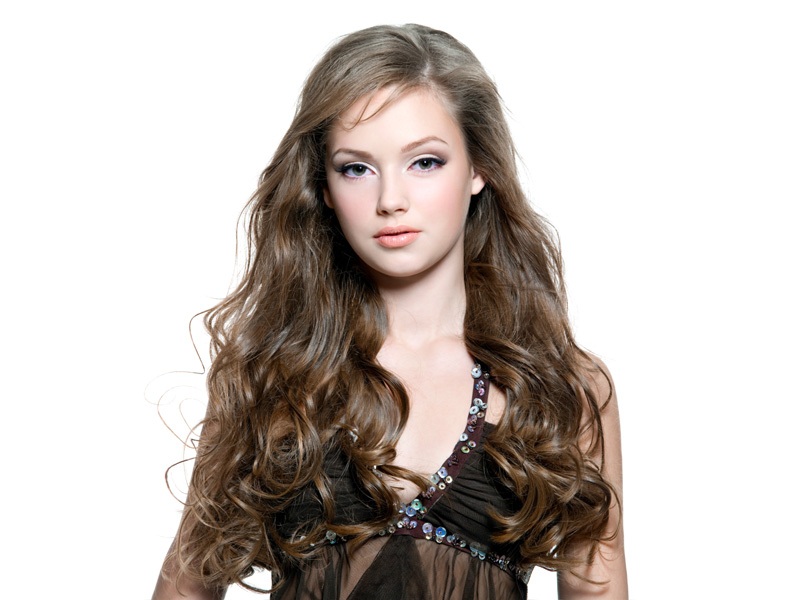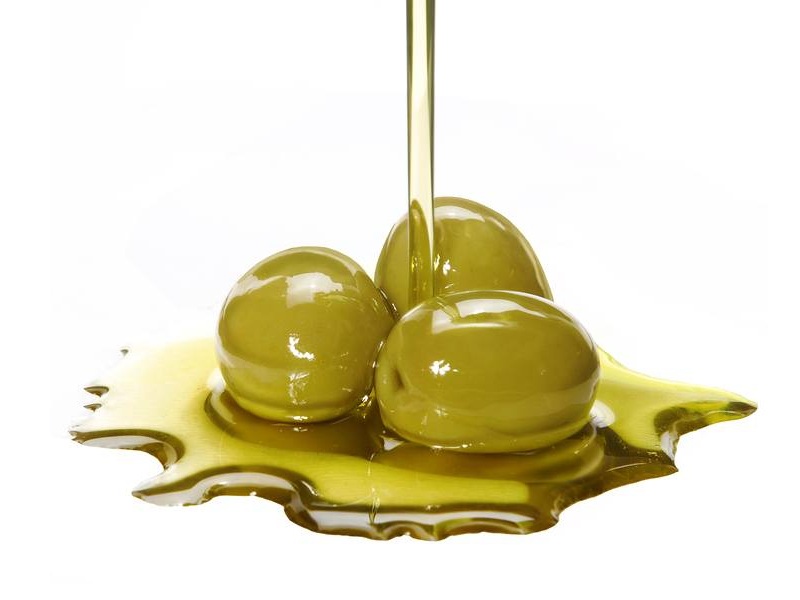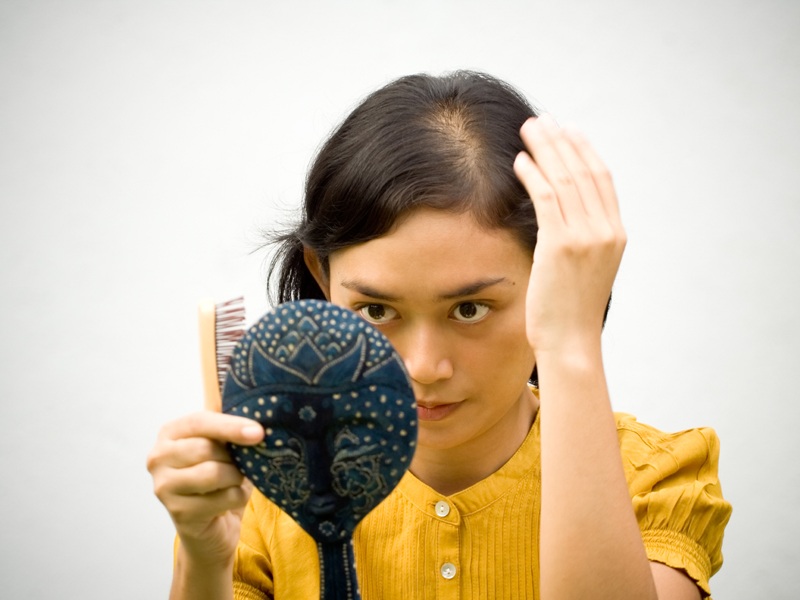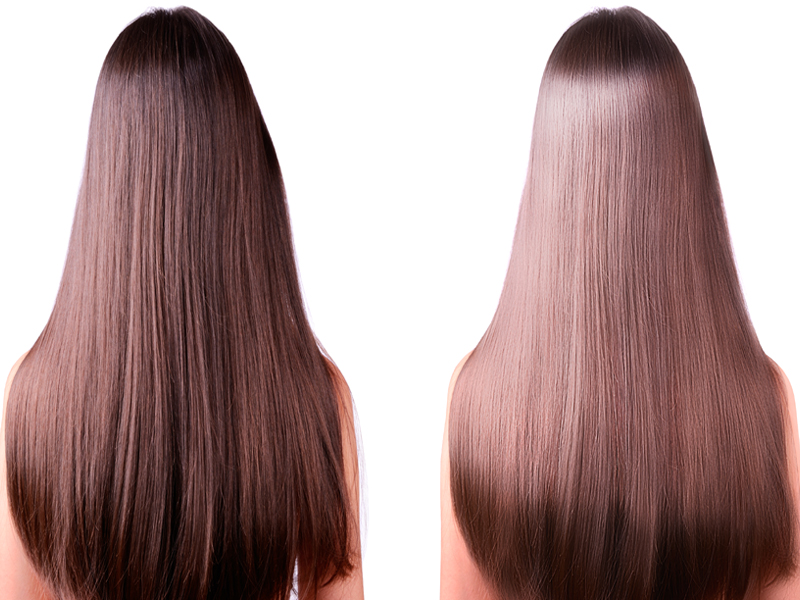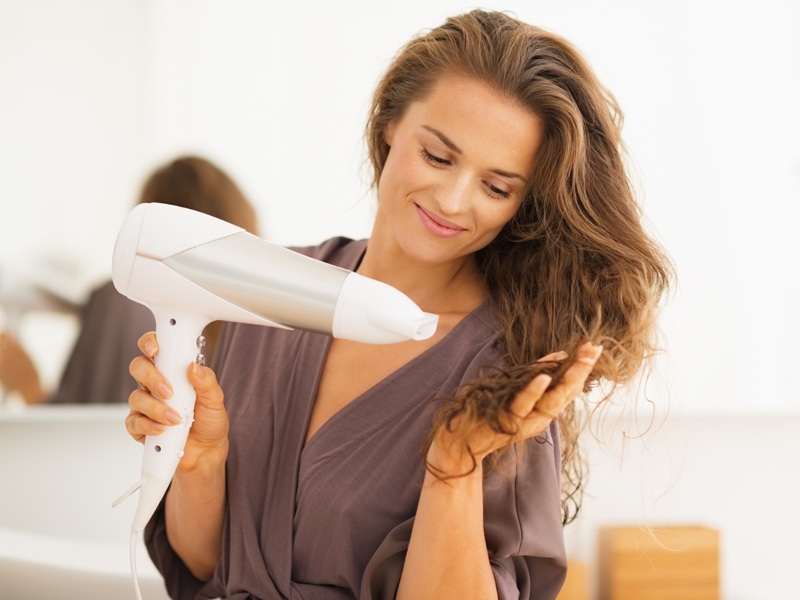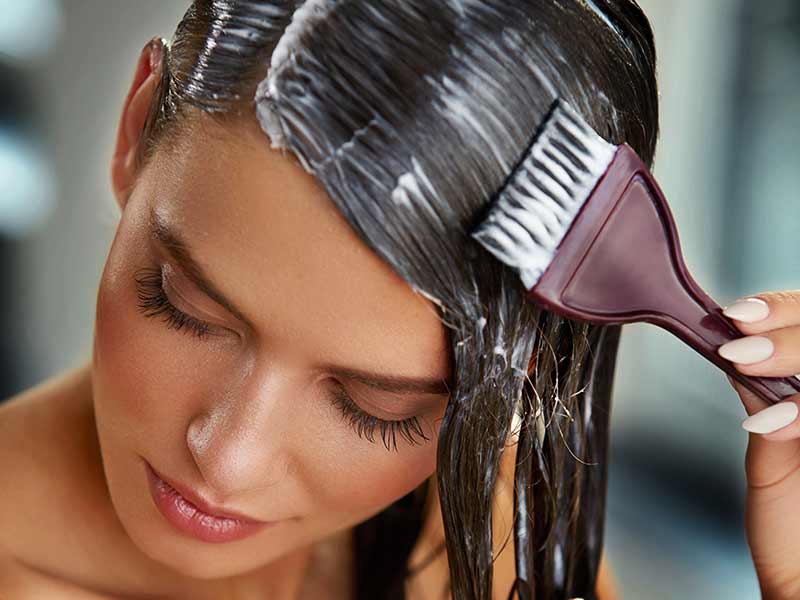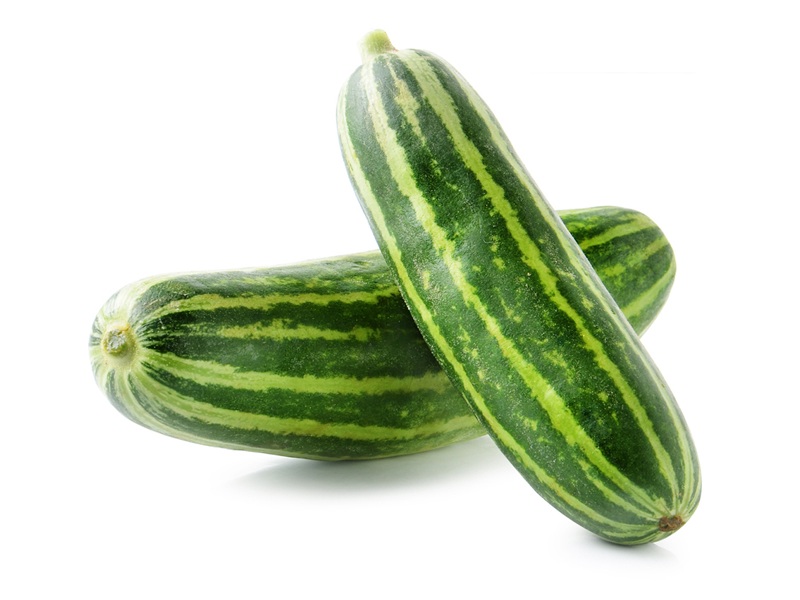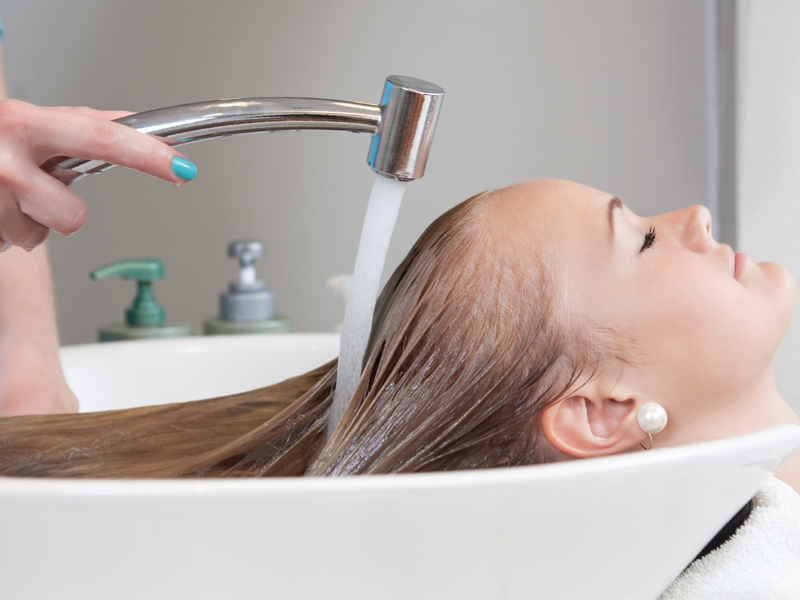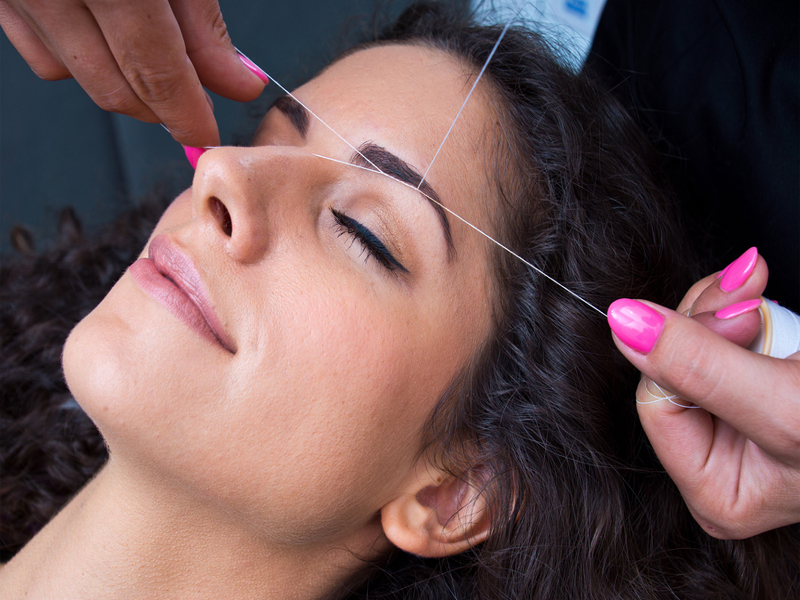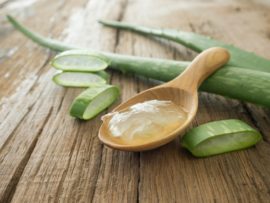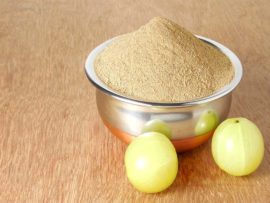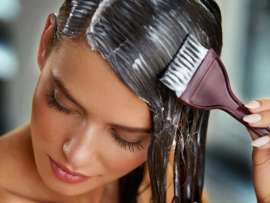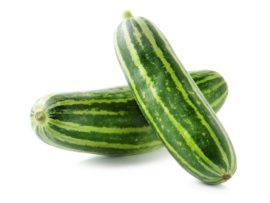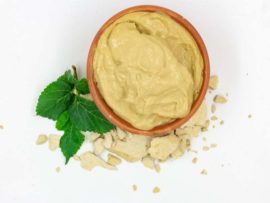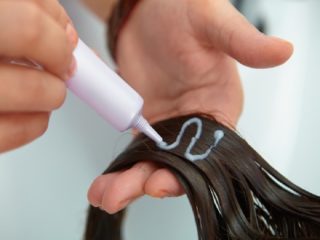Hair loss is a grieving issue. It is a major concern, especially for people with hard water supply in localities. Hard water has high mineral content, like calcium and magnesium, making the hair follicles stand out. These minerals make the hair strands very dry and rough. This results in tangling of hair, which can be difficult to tame. It makes your hair hay-wired. Also, shampoos become ineffective in treating the conditions because hard water makes it difficult to lather and cleanse the scalp. No matter how much product you use, you can’t make it work on your hair. Check out this article to learn the effects of hard water on hair and how to deal with the problem.
Consequences Of Hard Water On Hair:
Is hard water bad for hair? Yes. Hard water is extremely damaging to both skin and hair. Check out the signs of hard water on hair:
- Severe hair loss
- Dry and damage to hair follicles
- Scaling of minerals on hair
- Blockage of pores
- Brittle hair caused due to hair thinning
- Tangled, rough hair
- The shampoo does not lather well
Effects Of Hard Water On Hair:
Does hard water cause hair loss? Hard water can be very harsh on the hair follicles and destroy hair quality. Below are a few effects of how hard water causes damage to the hair.
1. Hair is negatively charged, and the water, which contains chemicals like oxidizers, is very positively charged. This main factor hurts the roots, and the follicles become weak.
See More: Almond Oil For Hair Loss
2. There are also minerals that are released from the stations from which we get the regular supply: calcium, magnesium, iron, and others, which are very damaging. It causes these to become frizzy, so even with costly conditioners and other supplements, we cannot resist this problem much. This is one of the main factors behind it. Many companies claim that their products can help combat this. However, this is hardly true. Even then, products can be properly bought from stores that are more natural and can cause harm. A person can also use some natural conditioners to help combat the frizz.
3. A person can also try a hardness test by lathering soap. If there is enough foam, then it is not very hard, and if there is not enough foam, it has minerals, which is not good for the body. It also rips the skin and texture and makes them brittle. This can, however, not be much control, but a person can try using anti-frizz serums to combat this problem. Natural lotions are another thing that can be used.
See More: Nizoral For Hair Loss
Tips For Washing Hair In Hard Water:
There can be various methods by which the water a person uses to bathe can be smoothened to suit the body and eliminate chemicals. These can be done in a number of ways. If the supply station is where this problem is cured, the adverseness decreases considerably before it reaches the household. However, when these are not usually done, people can individually do these at their houses to suit their needs. Due to the cities getting these supplied from central stations, many people face various dermatitis problems.
- A person can buy shampoos, which can lower the side effects. A person can also buy some soothing and smoothening agents containing conditioners, which are known to be helpful in this regard.
- One can go to stores and get water softeners to help lessen the chemicals. These are sold popularly today, and almost any person can buy these for a small amount. These are also quite cheap and popularly sold in the cities and the towns.
- Oil massages can be done to prevent any further damage, and a person can do this regularly. Various ayurvedic oils can be used for this.
See More: Saw Palmetto Hair Loss Treatment
How To Protect Hair From Hard Water:
Check out these simple hard water hair care methods:
Vinegar Rinse:
A person can use a vinegar rinse after shampoo, which also helps. This can protect the hair and also make the water usable for a proper wash. These can be done by mixing 1 tbsp of vinegar into a mug or 2 mugs of water. This can be used every day after shampooing. This can be very helpful if followed regularly. This also gets a person rid of flakiness, which can occur due to minerals and oxidizers.
Bottled Water:
Bottled water is best for washing hair. Since it is expensive, using this water for the final hair rinsing is recommended. It can make your hair soft, compared to using hard water.
Natural Shampoos:
Natural shampoos like Shikakai are better to cleanse your scalp than expensive shampoos. These lather well even in hard water, add volume, and bounce to hair.
Water Softener:
Water softener is essential to purify hard water. It is a simple device that can be attached to your shower, filtering out the minerals. These devices have around 10 filters to extract all the harsh minerals from the water.
Precautionary Measures and Contraindications:
If you are living in hard water supply localities, you need to follow certain precautions:
- Avoid using hair colouring treatments to prevent damage.
- Heating and styling equipment are to be completely avoided.
- Use specially-made hard water conditioners for easy maintenance.
- When using hard water filters, make sure to change the filters at least once in 6 months.
- Avoid overwashing your hair, as it causes severe dryness.
- Keep your scalp clean and ensure it is free from flakes.
More than 70% of people living in the cities are affected by hard water. Along with pollution and lifestyle disorders, hard water is the reason for hair loss and damage. You will also notice hair discolouration and dryness. It is better to wash your hair at least once a week with harvested rainwater or bottled water to reverse the damage to a certain extent. Although the care taken for hard water hair care is high, the results are worth it. Prolonged washing with hard water can worsen the quality of your hair, making it impossible to get back to normal. We hope this article helped you understand the negative effects of hard water on the hair and how to prevent damage.


